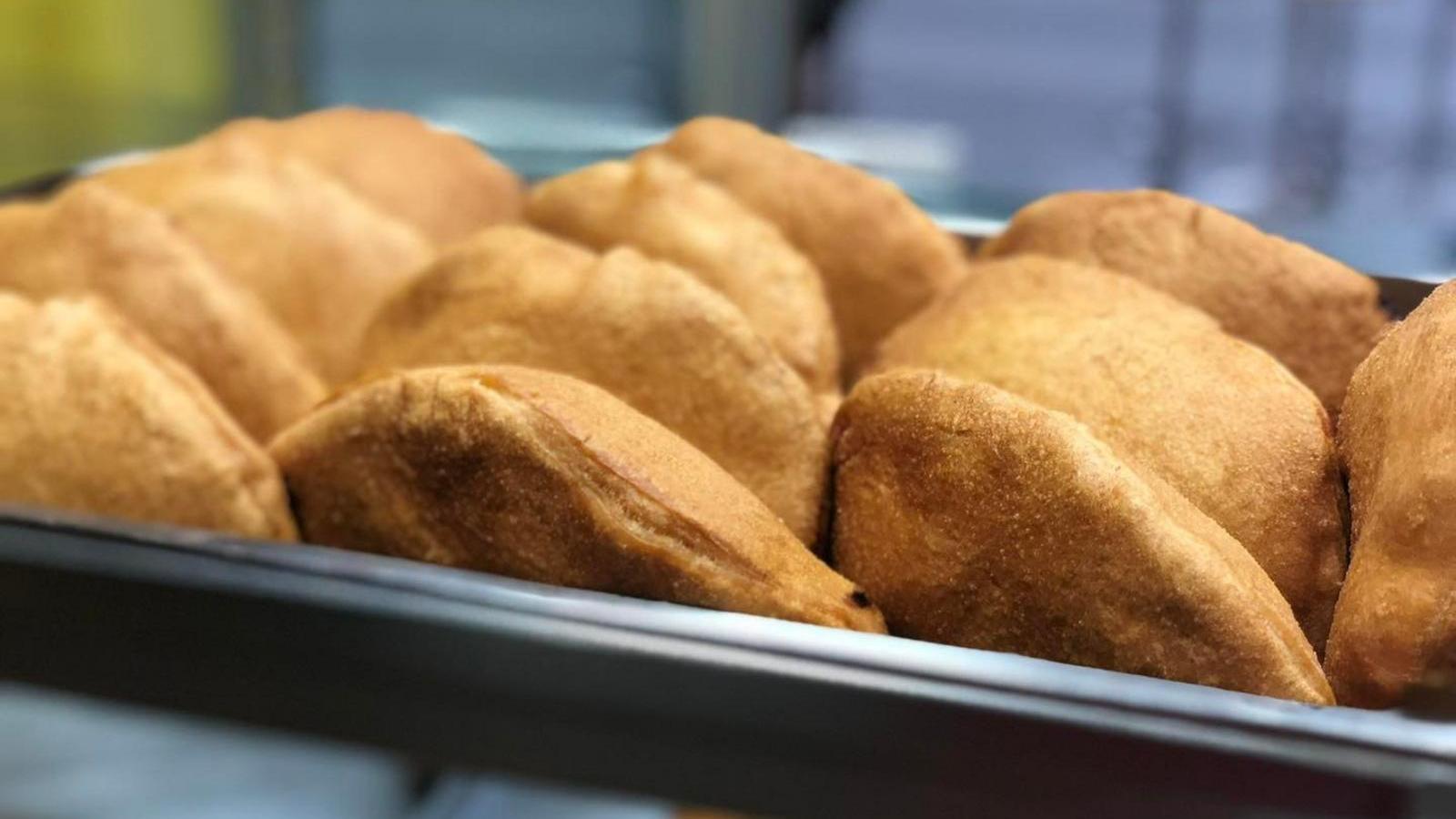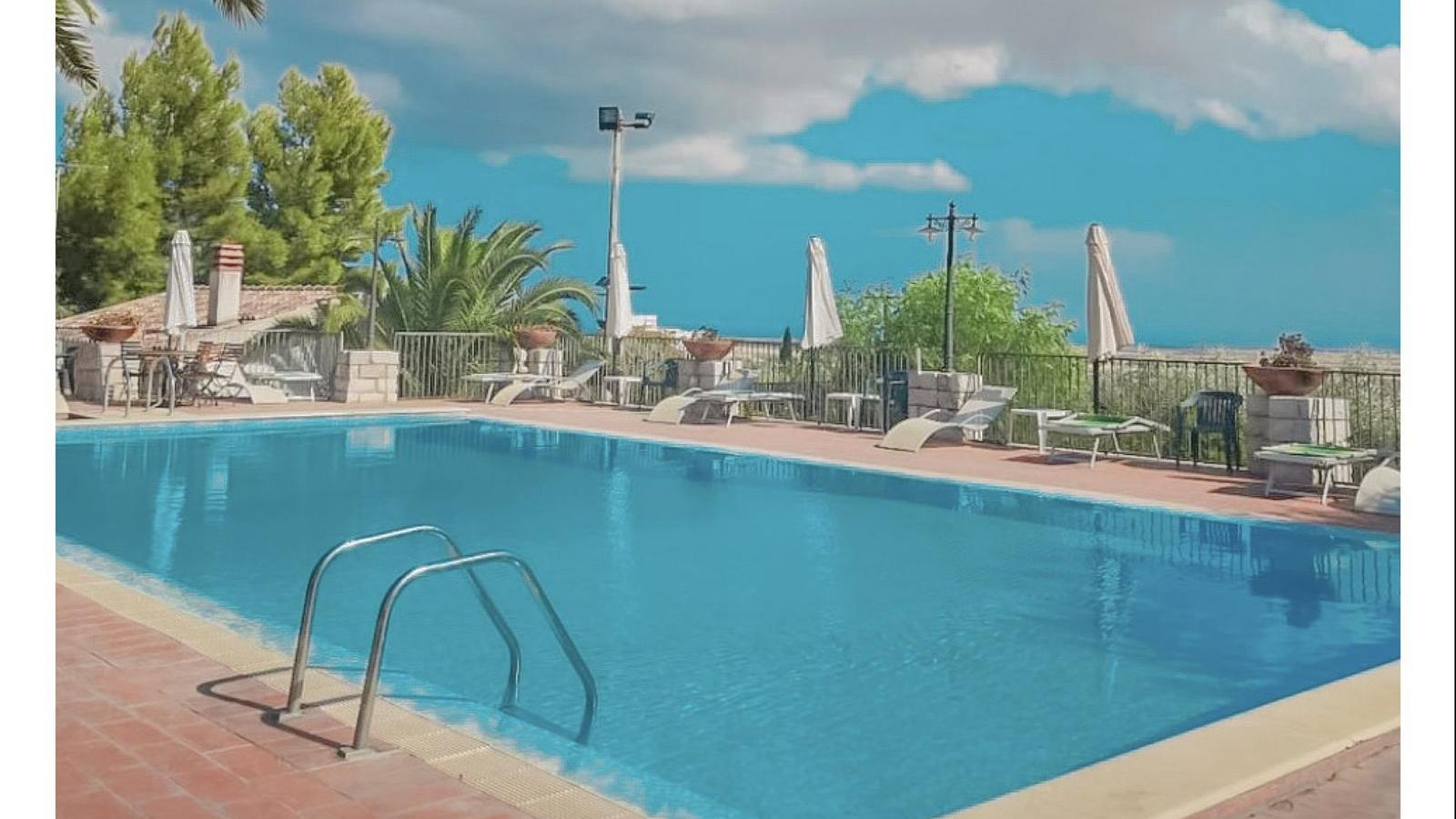Granary Pits - Cerignola
Informations
"The 'granary pits' are underground structures historically used for the storage of wheat and other cereals. This method of storage in pits dug into the ground has been used in various parts of the world, including the area of Cerignola, in Italy.
In the context of Cerignola, the granary pits were an integral part of the local economy, especially because this area has historically been an important agricultural center with significant cereal production. These underground structures provided a cool and dry environment, ideal for preserving grain away from moisture, insects, and rodents, thus ensuring a food reserve during periods of famine or scarcity.
The granary pits are sometimes called 'underground granaries' and can be quite large, with access through an opening at the top. Their construction and use reflect ancient wisdom in managing food resources and agricultural planning.
The existence of these pits is documented for the first time in 1225 in the Codice Diplomatico Barese, but it was only in 1581 that explicit reference was made to the area in front of the Church of San Domenico. Some of these pits are believed to date back to Roman times, although most are of medieval origin. Their importance increased with the establishment of the Sheep Customs, combining pastoral activity with intensive cereal cultivation.
In 1840, activities related to the Granary Pits were regulated by a specific regulation. At the beginning of the 20th century, the number of pits reached about 1,100, but in the last fifty years, there has been a decline, with many of them being replaced by above-ground metal silos. Today, 625 pits remain, of which about 200 are still in use.
The granary pit has a particular structure: a bell-shaped cavity dug into the karst ground, with interior walls lined with stone or bricks and whitewashed with lime milk, which today is often replaced by concrete. The circular opening skims the surface, with standardized dimensions allowing for the storage of large quantities of cereals and other agricultural products.
The loading of the pits was done through a small funnel-shaped opening, with the system evolving over time to improve insulation and practicality. Each pit is identified by a stone marker with the owner's initials and a sequential number engraved on it.
The Granary Pits of Cerignola, given their historical and cultural significance, have been under protection by the Superintendence for the Artistic, Archaeological, and Historical Heritage of Puglia since 1982, representing a unique heritage of agricultural management and preservation in the region."
Location
- Address : Piano S. Rocco, 71042 Cerignola FG
Discover our territory
In the surroundings of: Pastificio Tamma S.r.l.
Experience our territory
In the surroundings of: Pastificio Tamma S.r.l.
Where to Eat
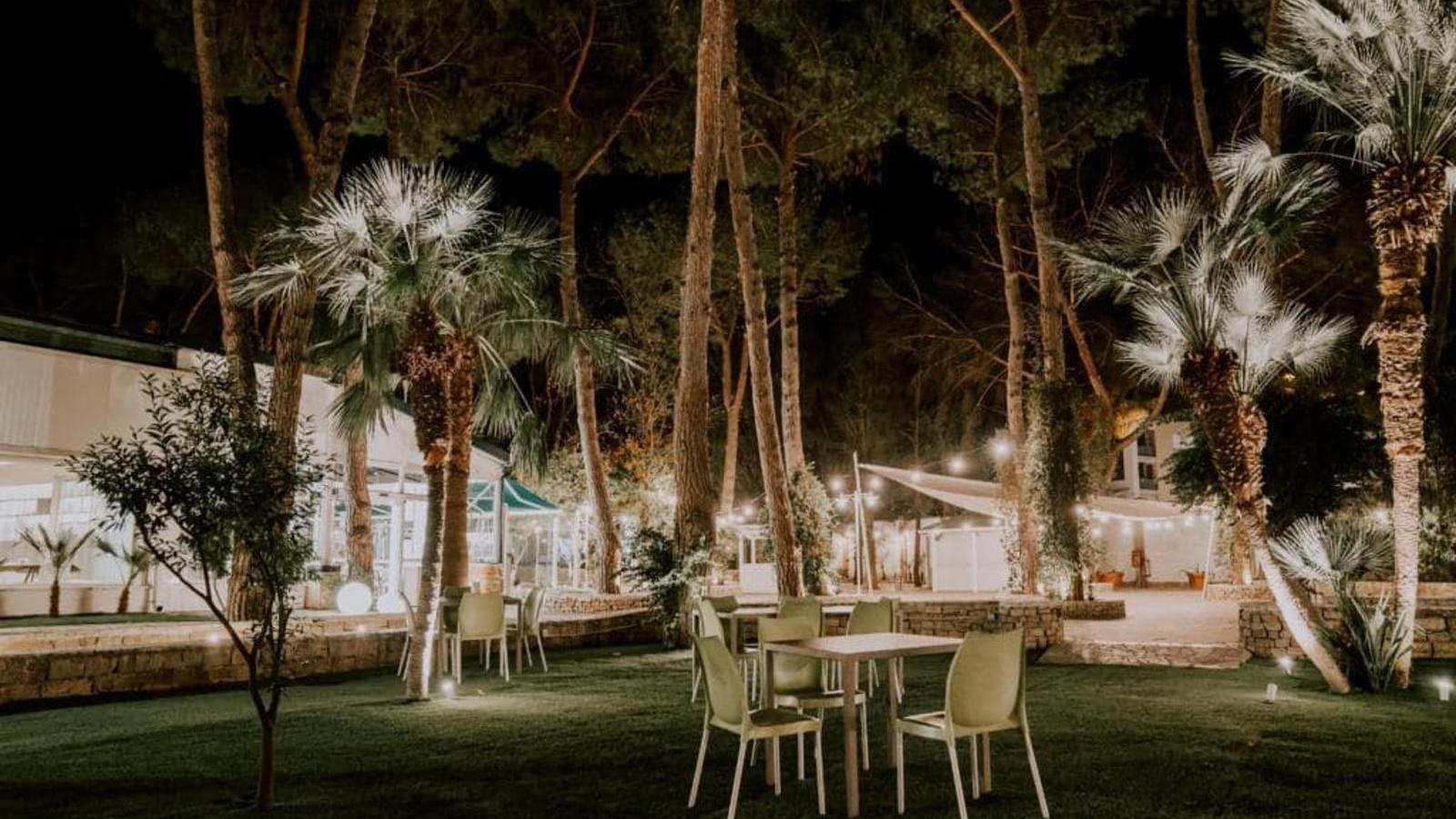
Samí is born, the restaurant at the fair immersed in an extraordinary location in the city of Foggi...

Courtesy and professionalism with a wide choice of quality products. Wines, beers, spirits and bubbl...
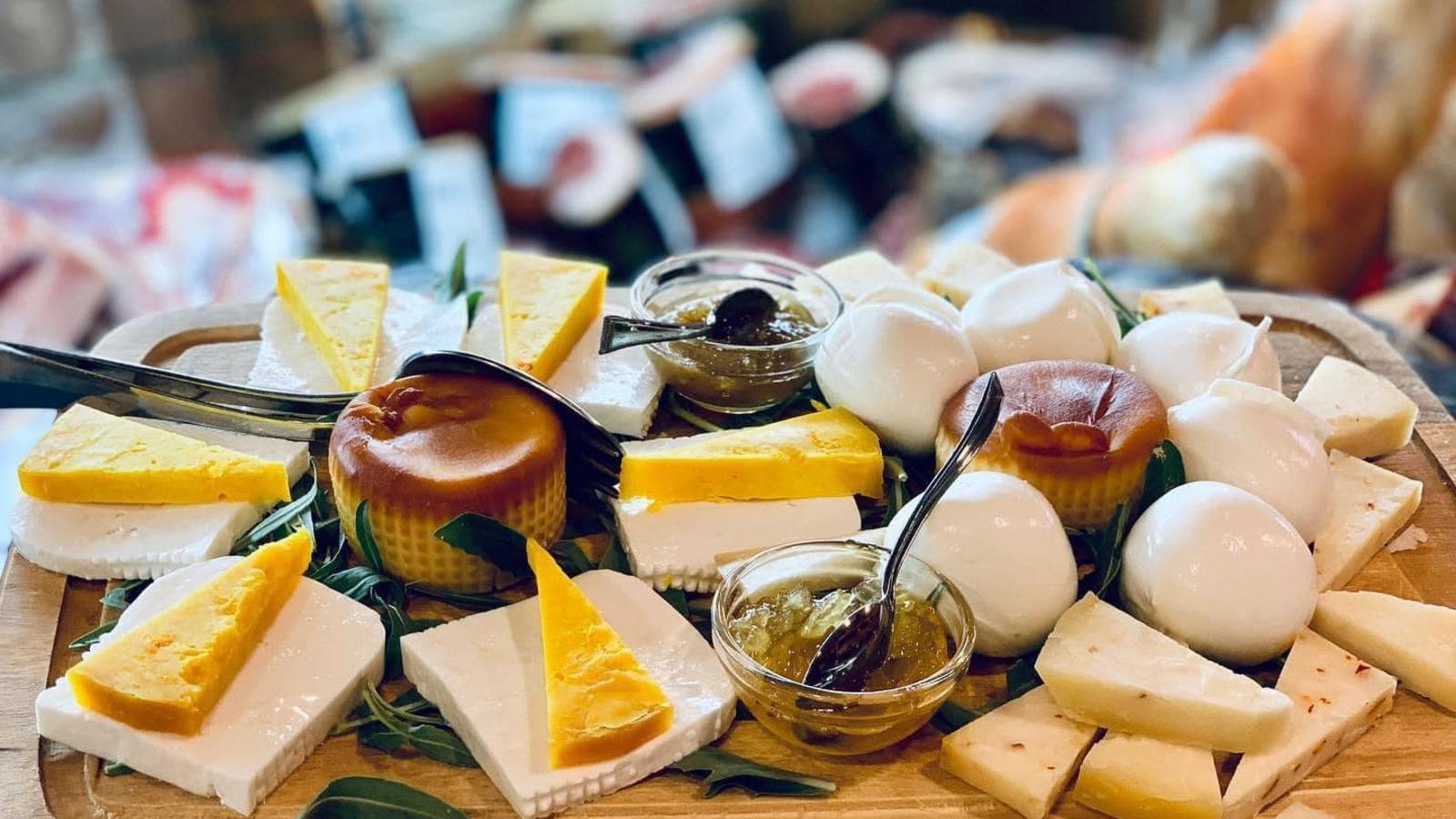
For about 30 years in the sector, it was born as a delicatessen that has always focused on the quali...
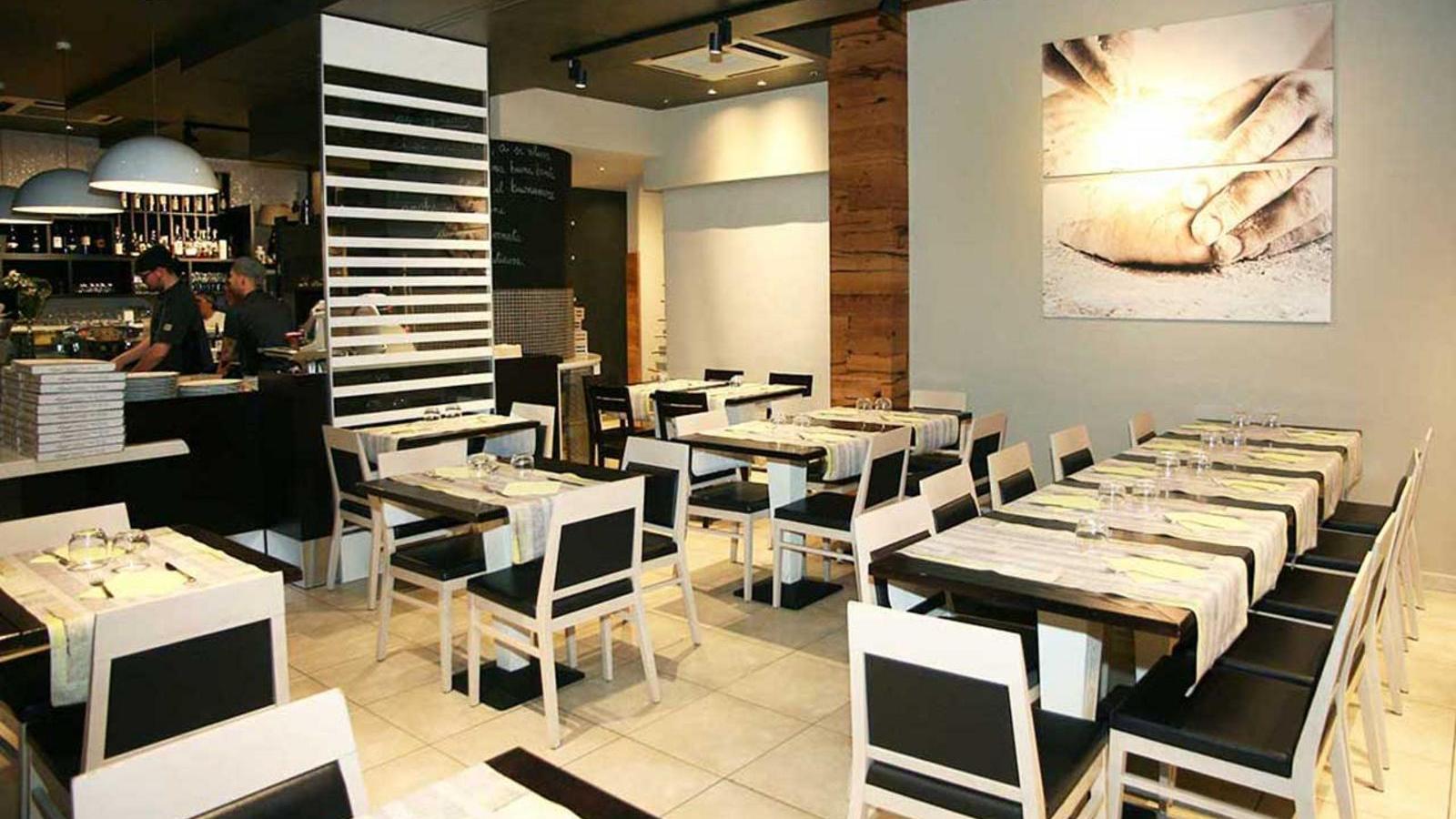
On 23 April 1999, Il Granaio opened in Via Quercia in Foggia, in the area typically called Piana del...
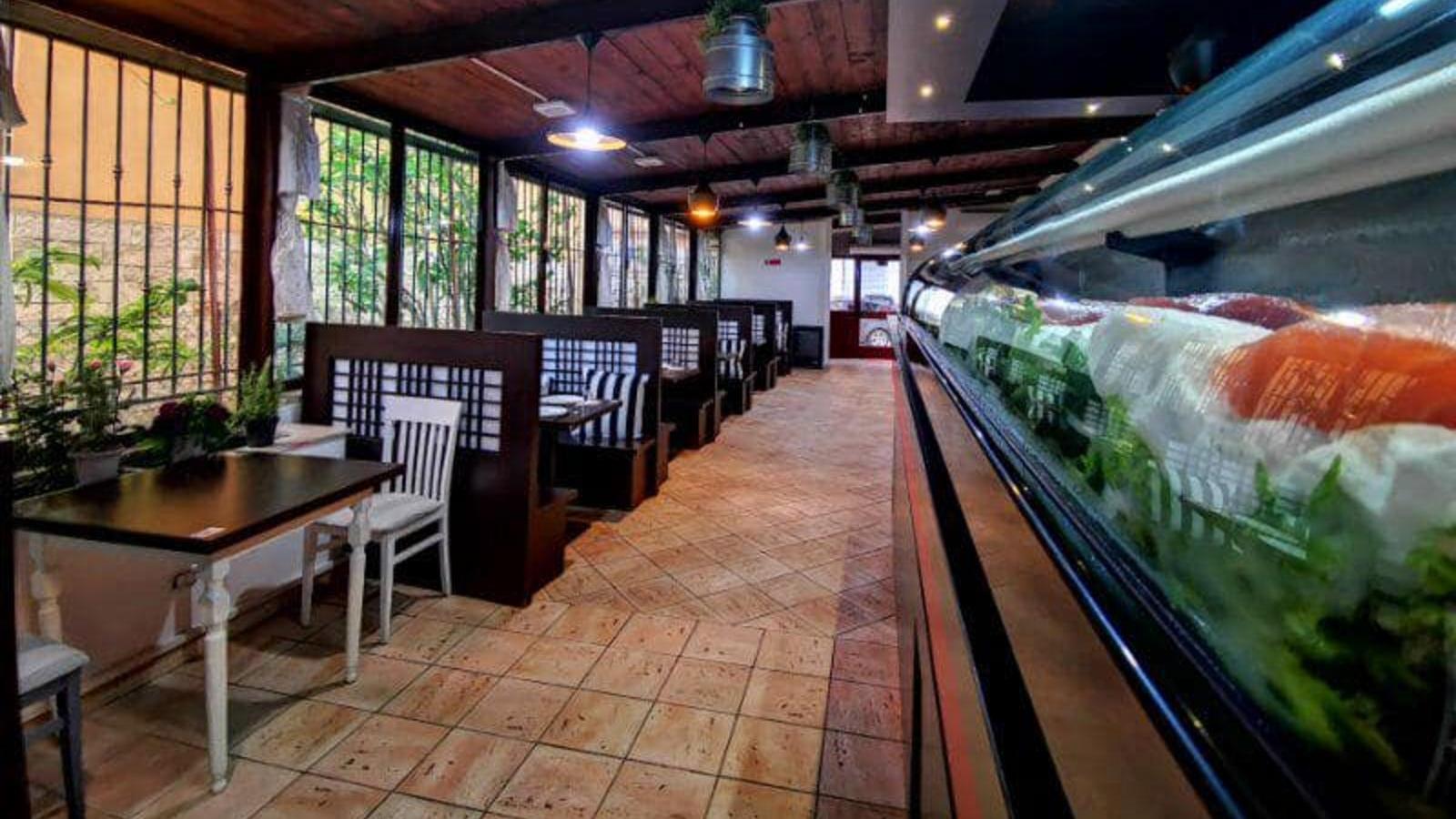
La Famiglia Restaurant is a restaurant in Foggia specializing in Chinese and Japanese cuisine. Disco...
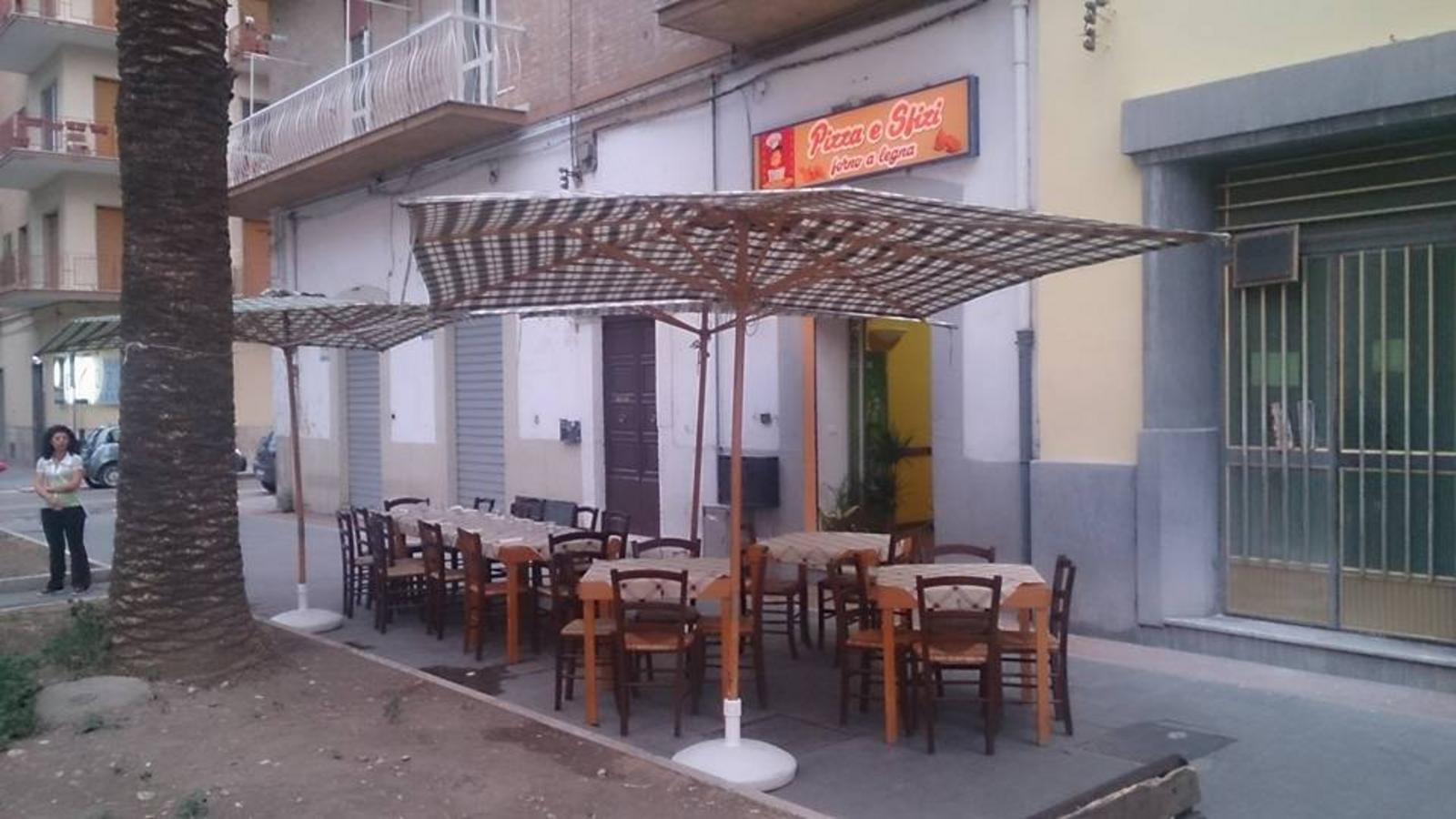
We are located in the center of Foggia. Excellent value for money, the product is one of the most po...
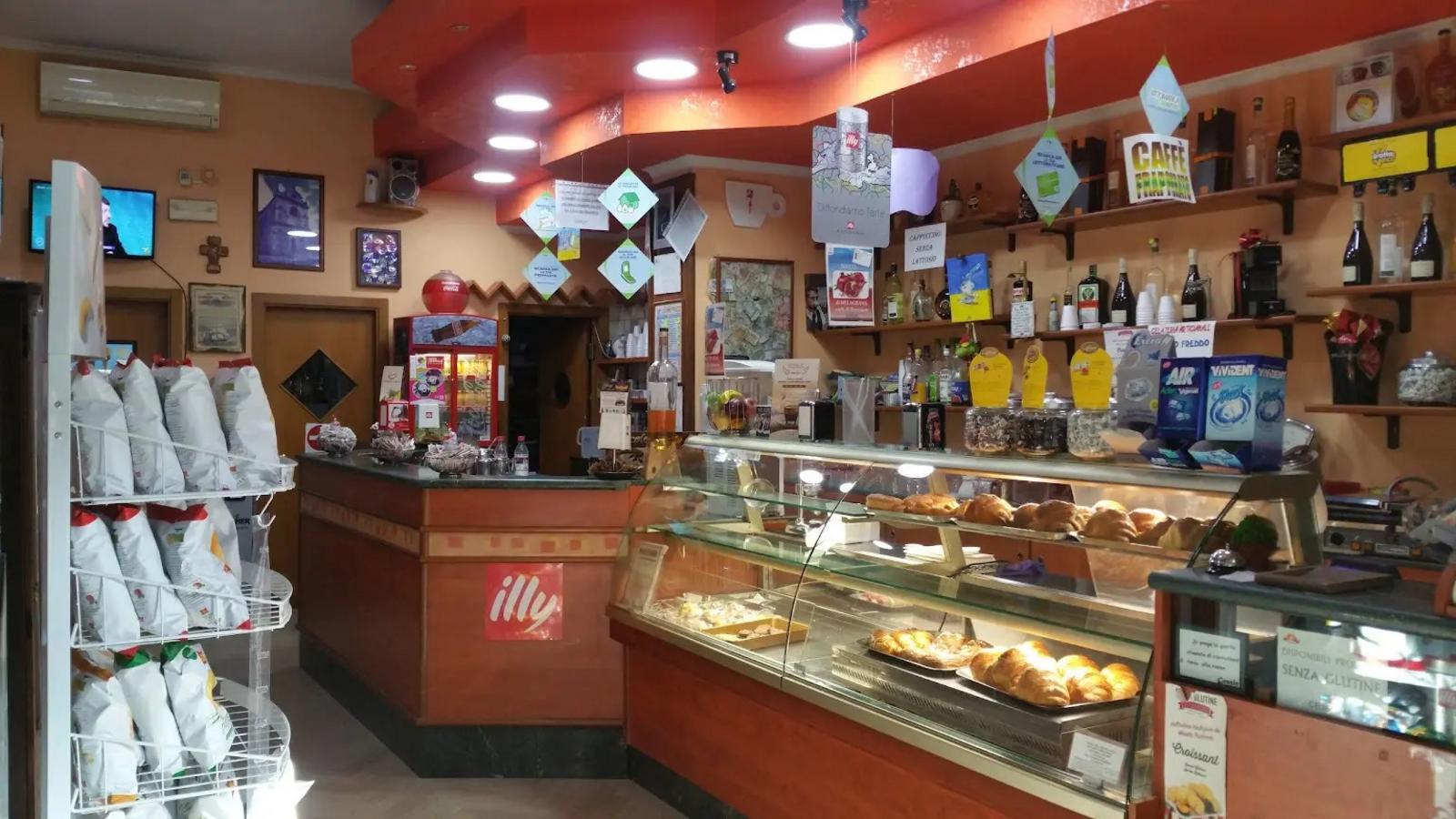
Cafeteria, artisan ice cream shop on Corso Roma in Foggia. Come to the Cocktails & Dreams Snc Di Gua...

Salustri is a pizzeria with a wood oven and restaurant with a long tradition, located in via Tenente...
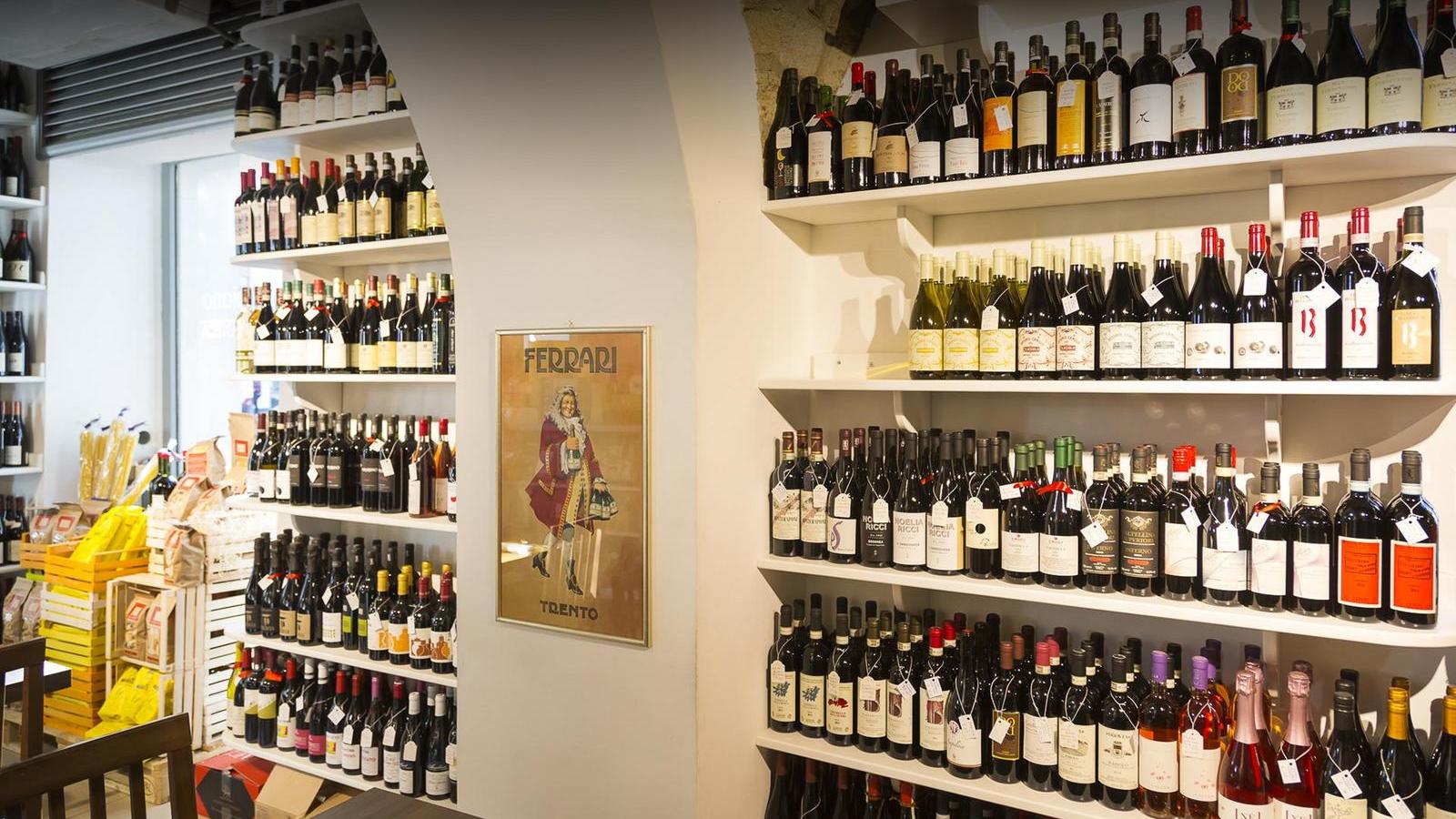
At The Primo Piano Restaurant we make a careful selection of suppliers of raw materials and semi-fin...

Historic pub, located in the center of Foggia, easily reachable from anywhere in the city. The envir...
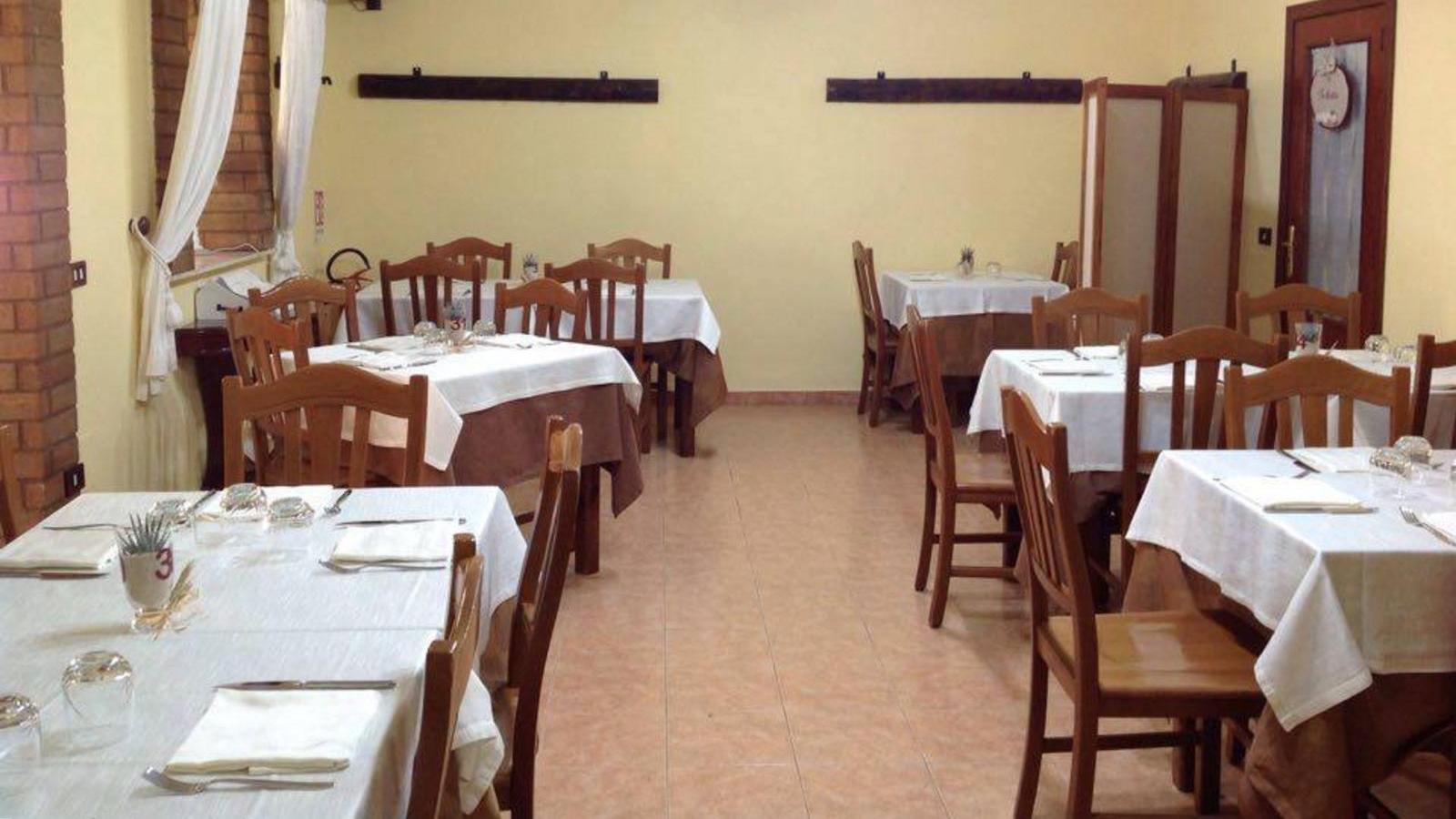
An opportunity to rediscover the sincere love for good food and good cuisine. In the heart of the ca...
Where to Sleep

The B&B Del Corso in Foggia is an accommodation facility in the heart of the city, perfect as a star...
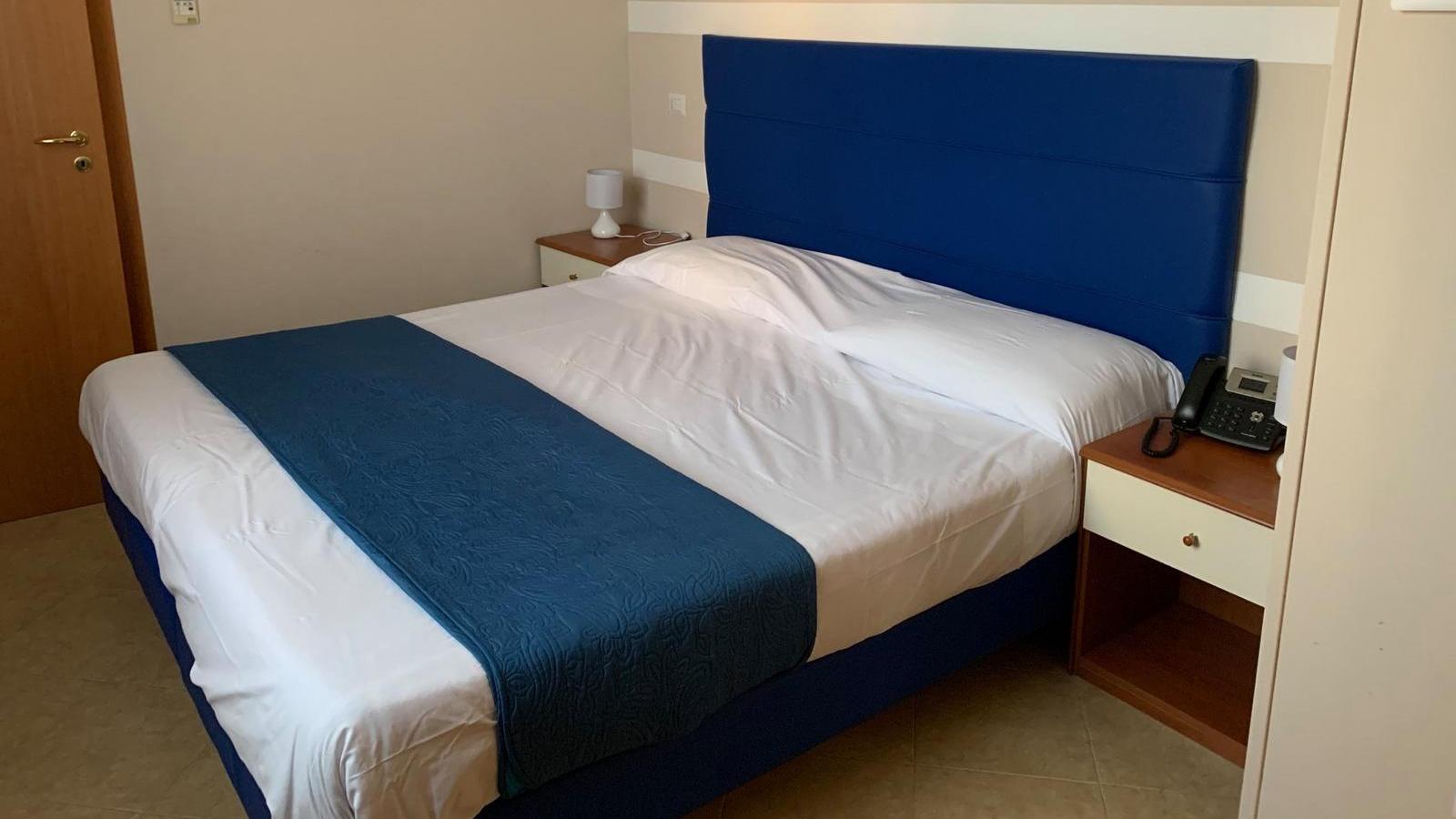
The Del Cacciatore hotel guarantees a simple welcome in an environment furnished with warmth and sty...
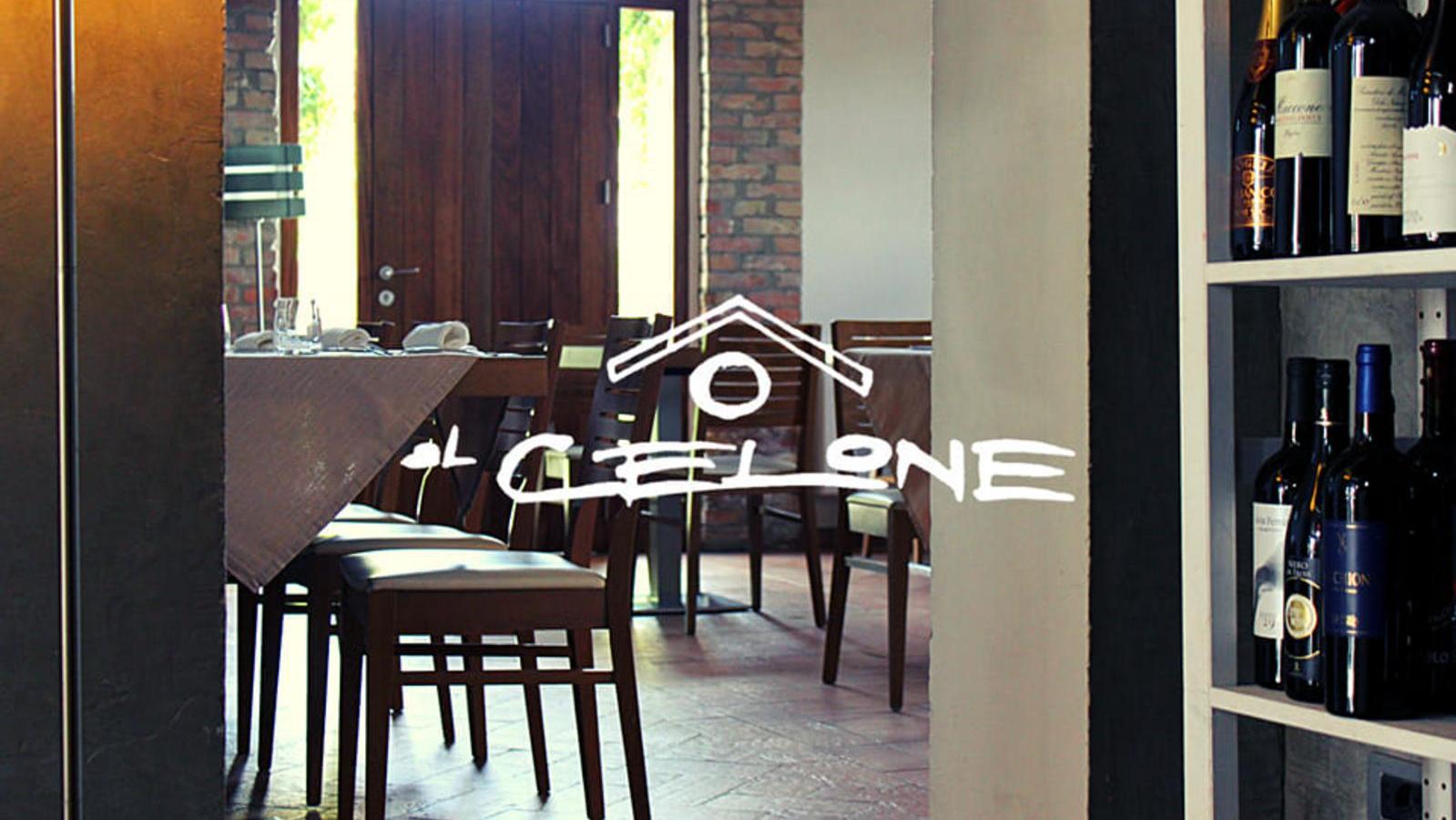
Located in the center of the Capitanata, a few kilometers from Foggia, stands the Al Celone farmhous...
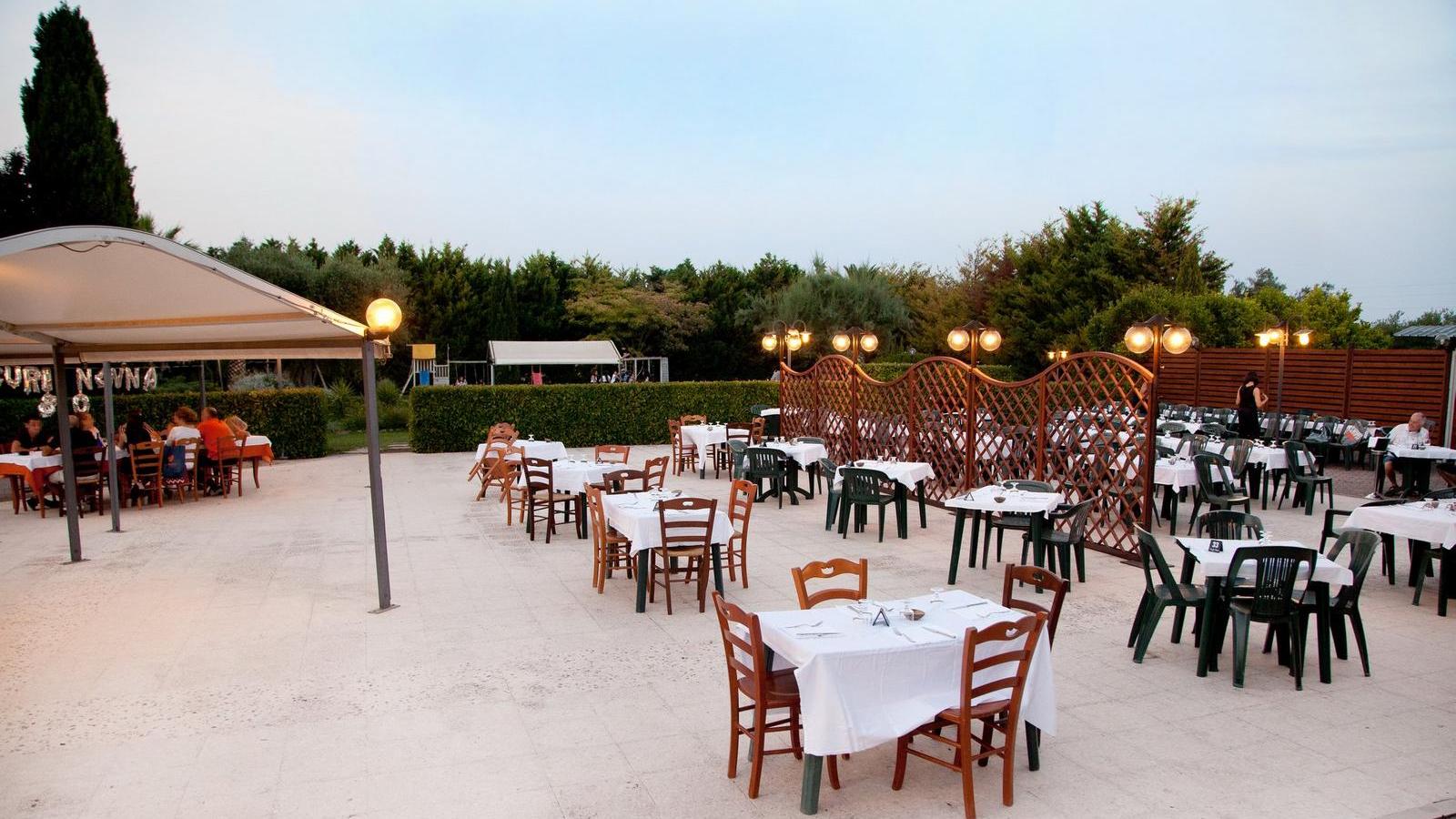
The Agriturismo Posta Bassi was born from the renovation of a farm in 1948. Located on the outskirts...
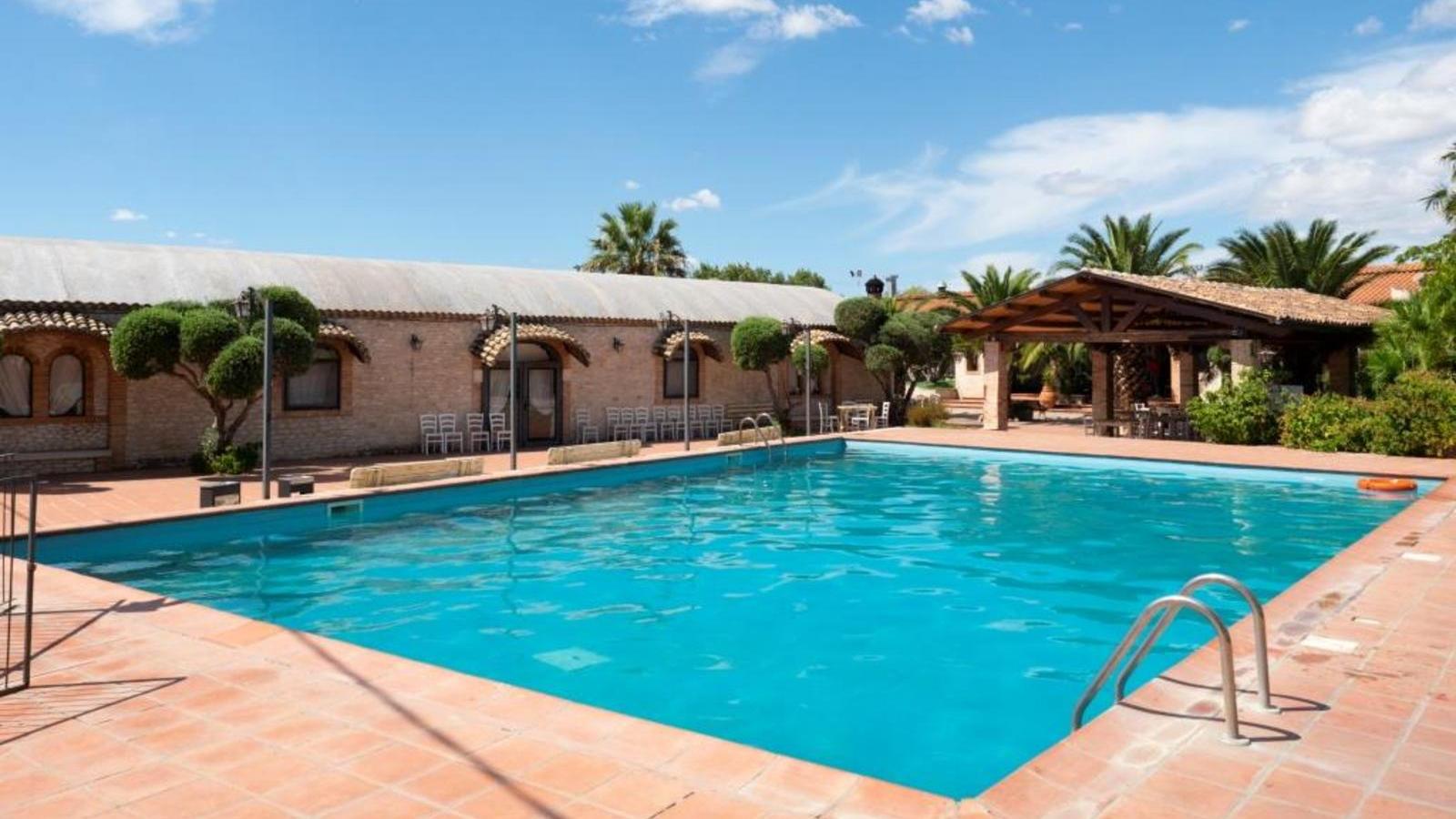
Between gentle slopes and clear skies stands Posta Guevara, in the original estate of the Guevara fa...
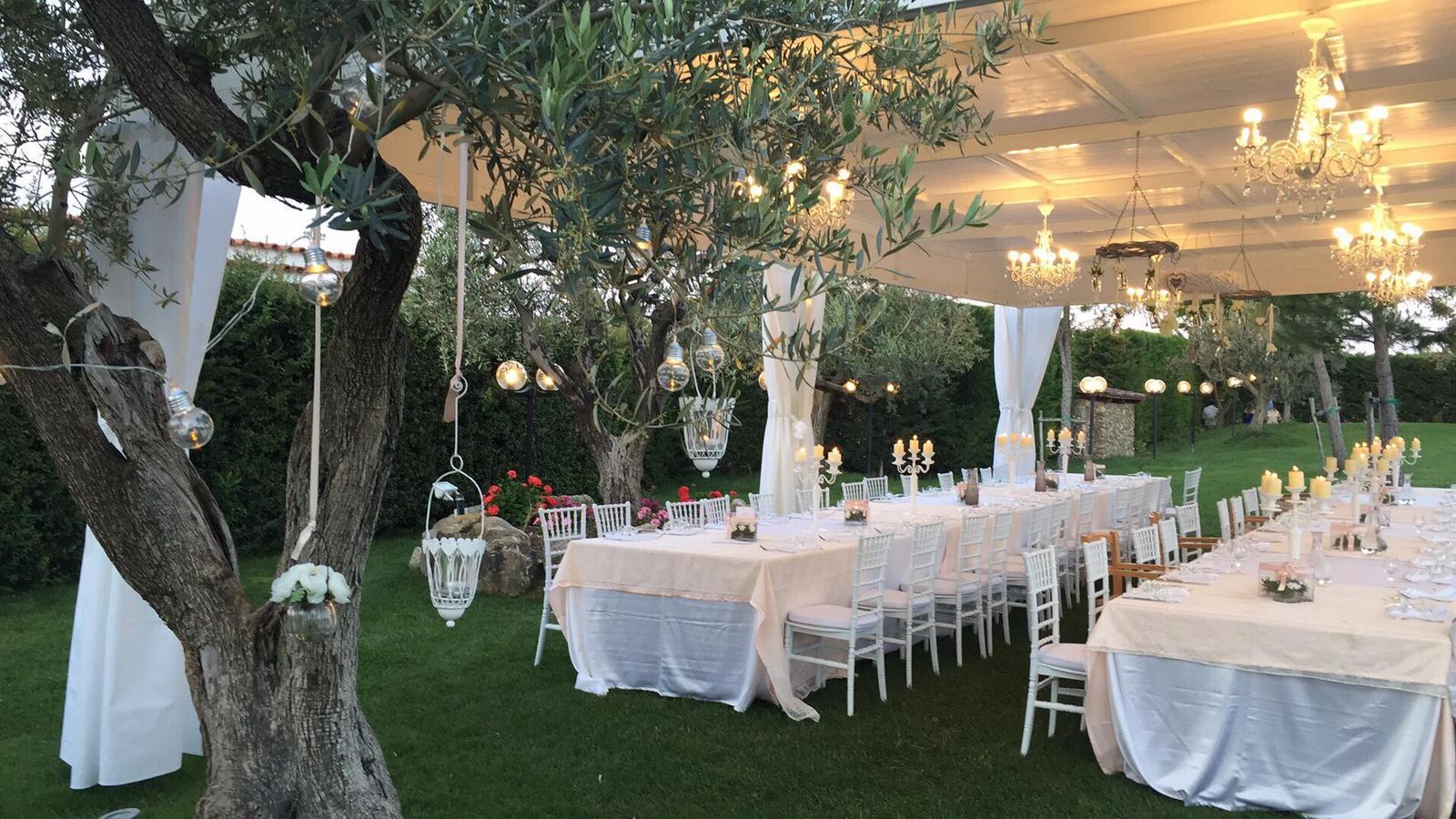
Tenuta Capaccio is located at the foot of Bovino, one of the most beautiful villages in Italy and a ...
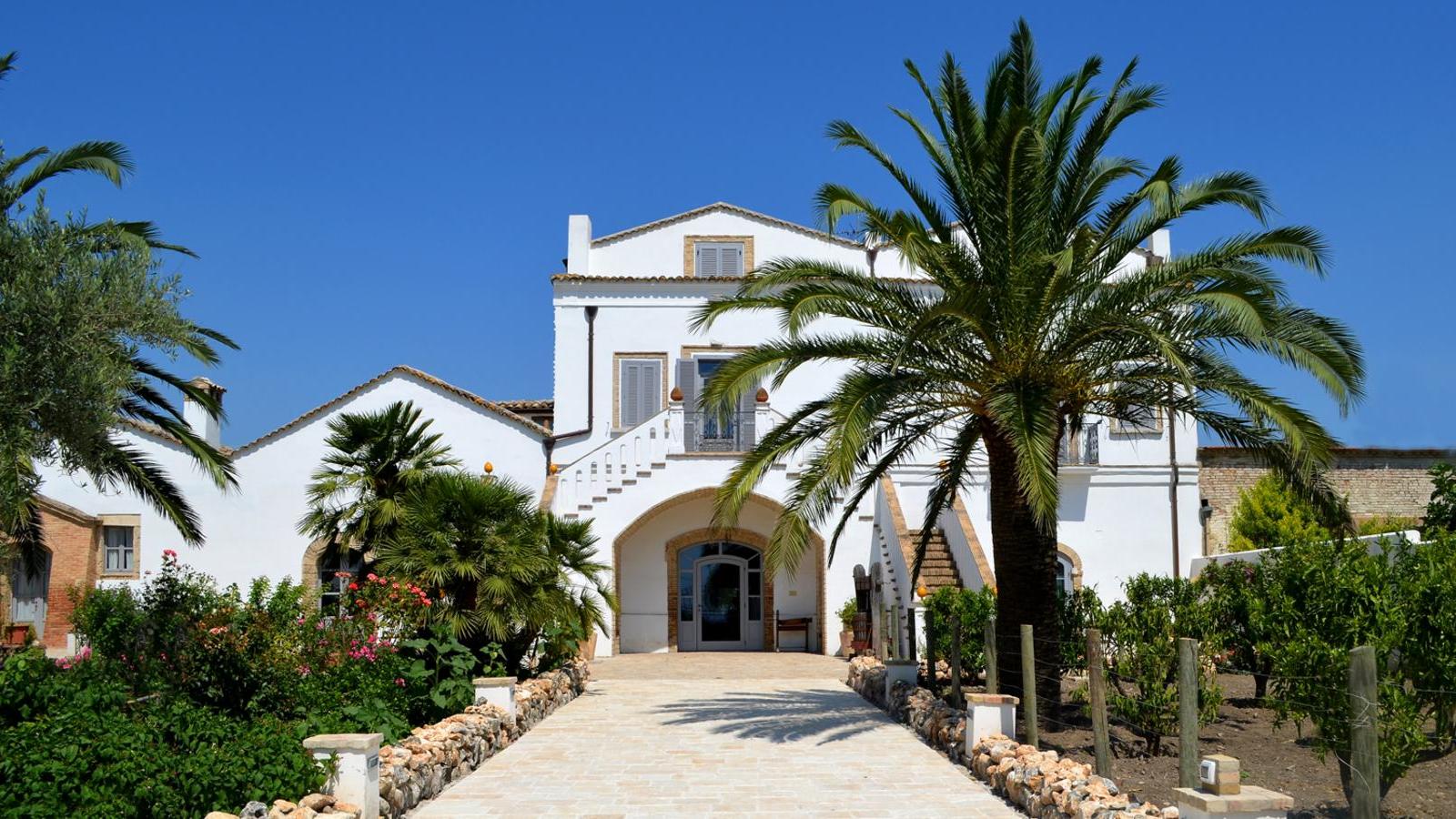
Masseria Celentano, located in San Severo, is an old farmhouse with a swimming pool that has been co...
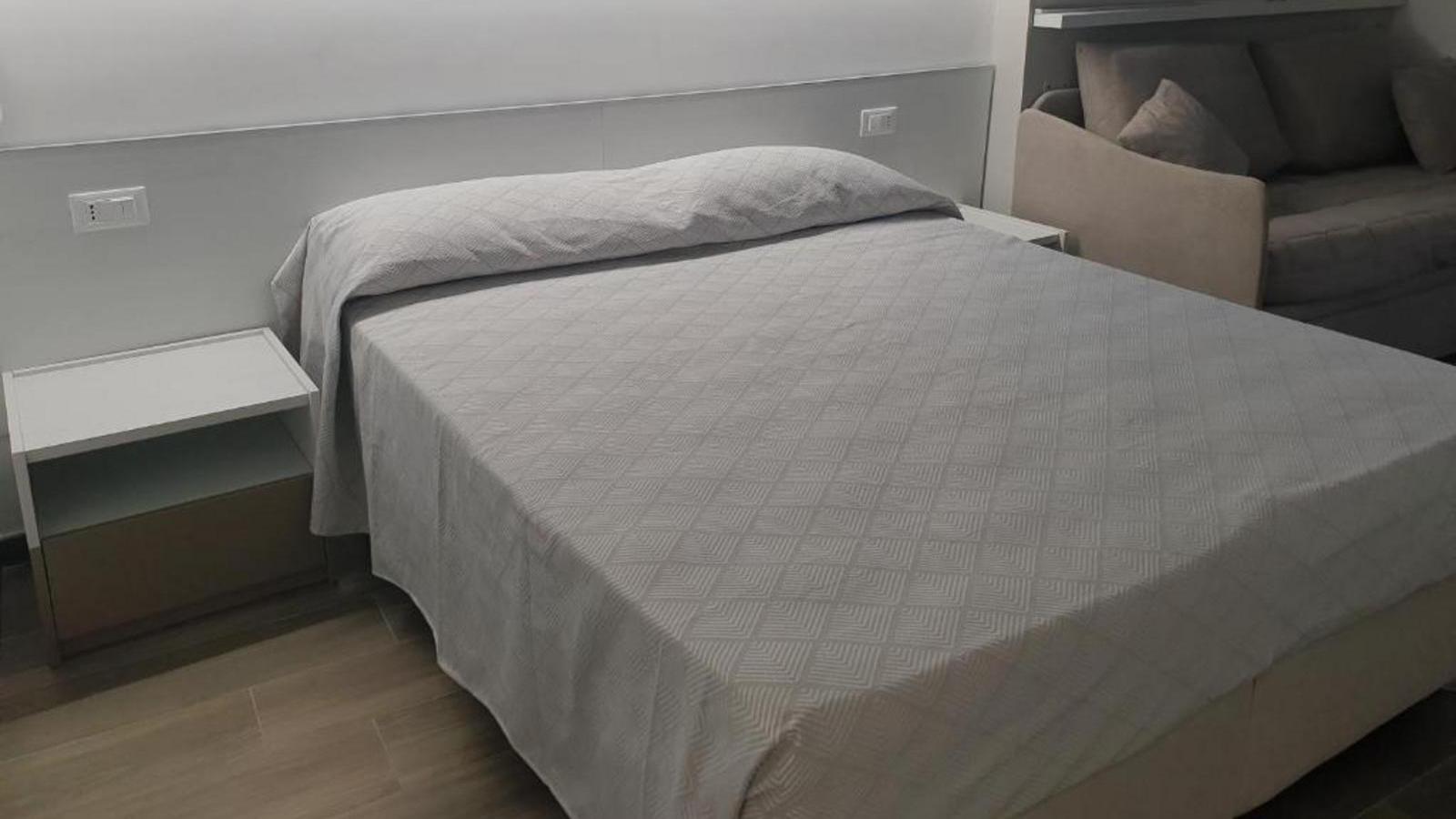
We are located in Troia, in the province of Foggia. All types of rooms available: single, double, qu...
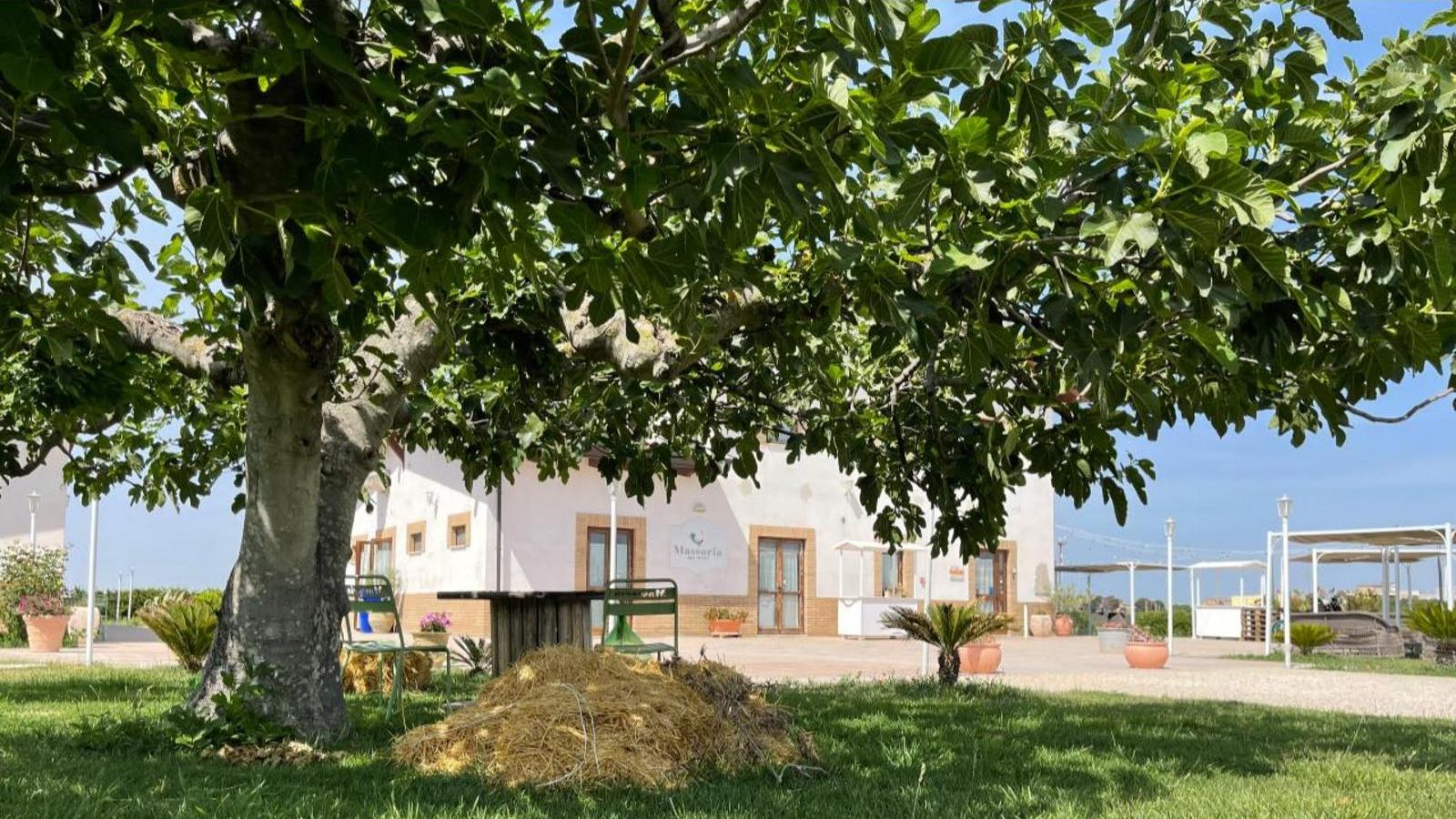
An agri resort in the heart of the Tavoliere delle Puglie, along the Via Francigena and between the ...
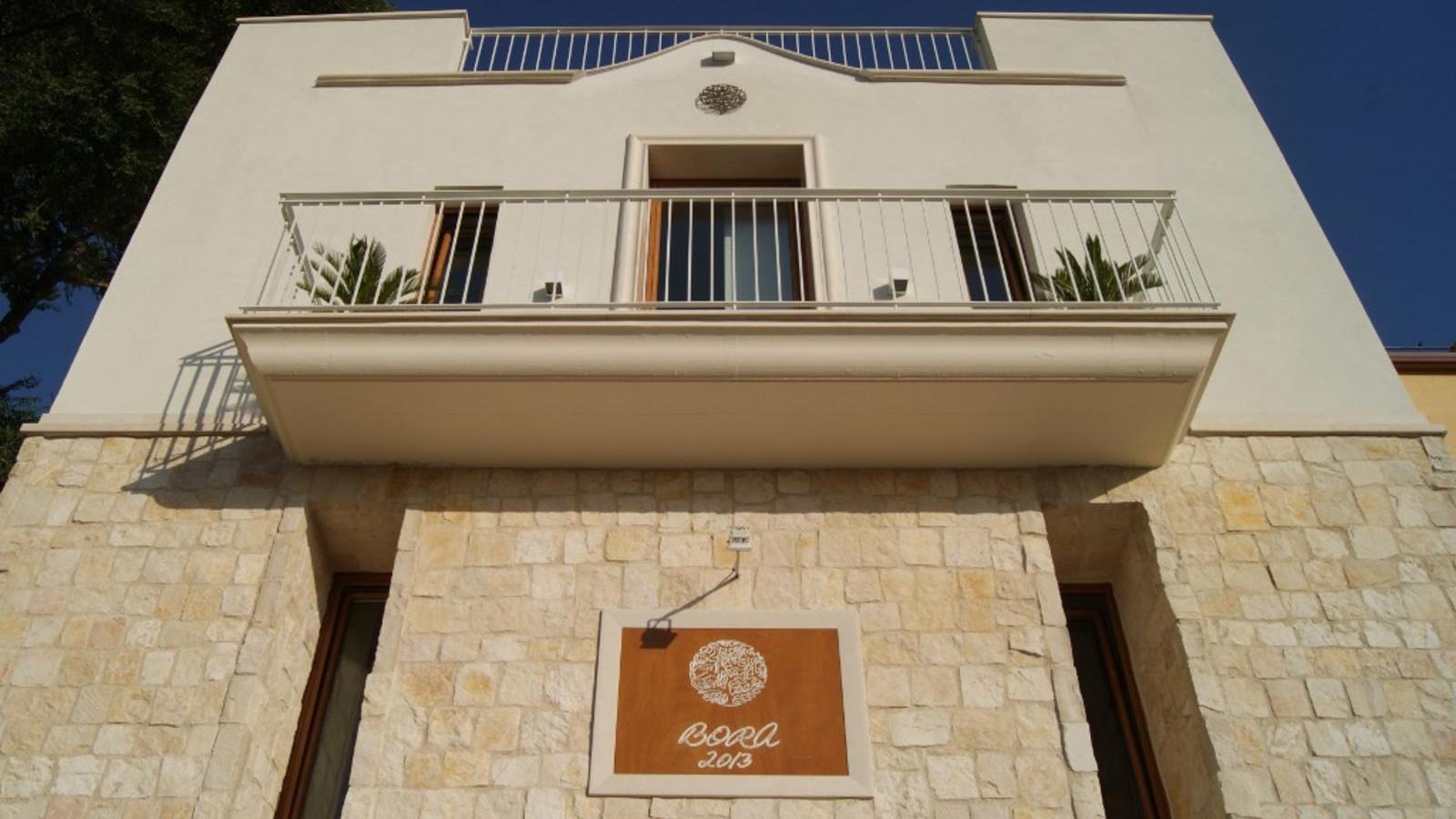
Refined B&B recently renovated where the noble and elegant lines blend harmoniously with the simple ...
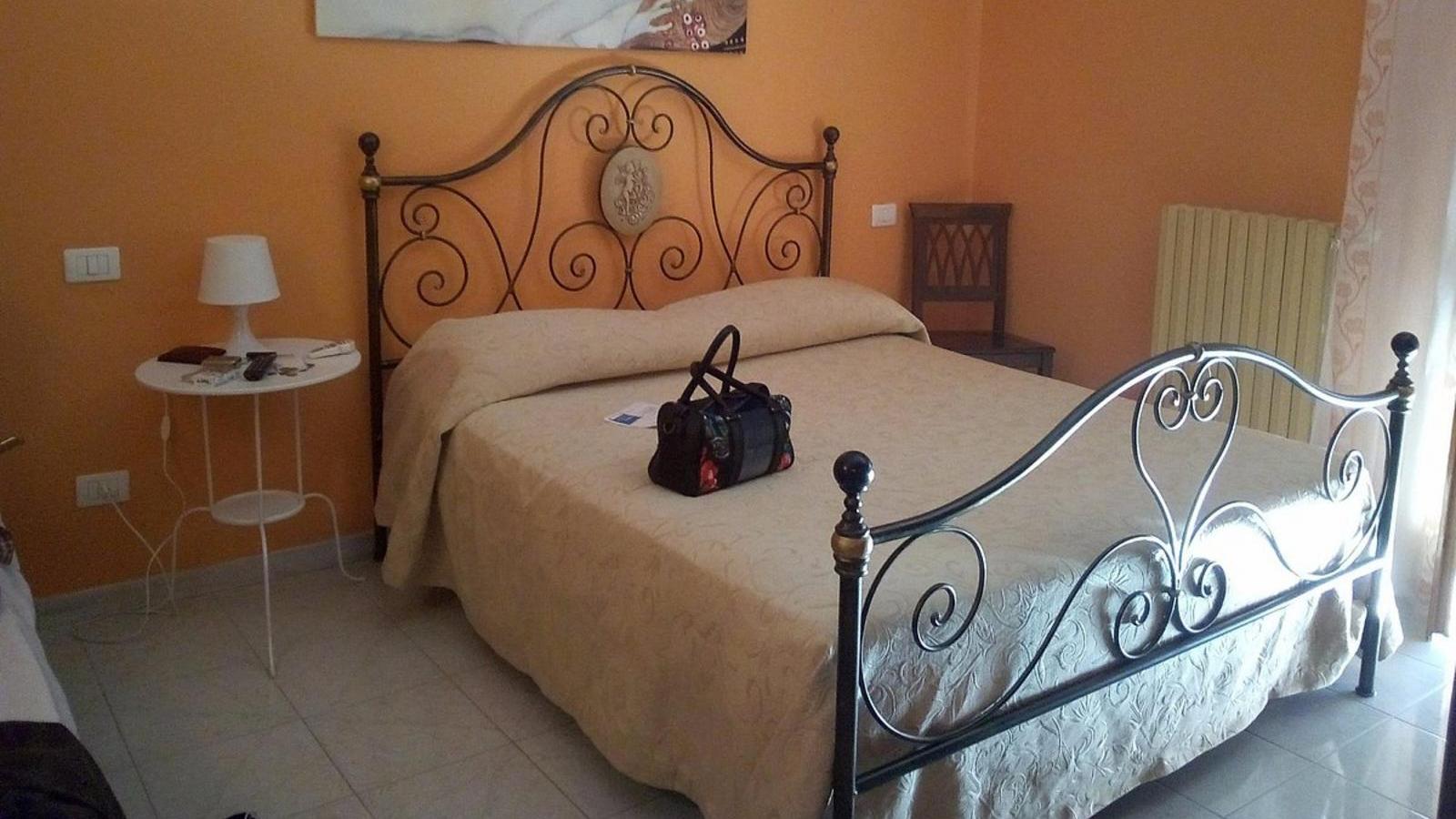
Antico Borgo B&B is located in Stornara and offers an outdoor swimming pool, a bar and a garden. All...
Events
In the surroundings of: Pastificio Tamma S.r.l.

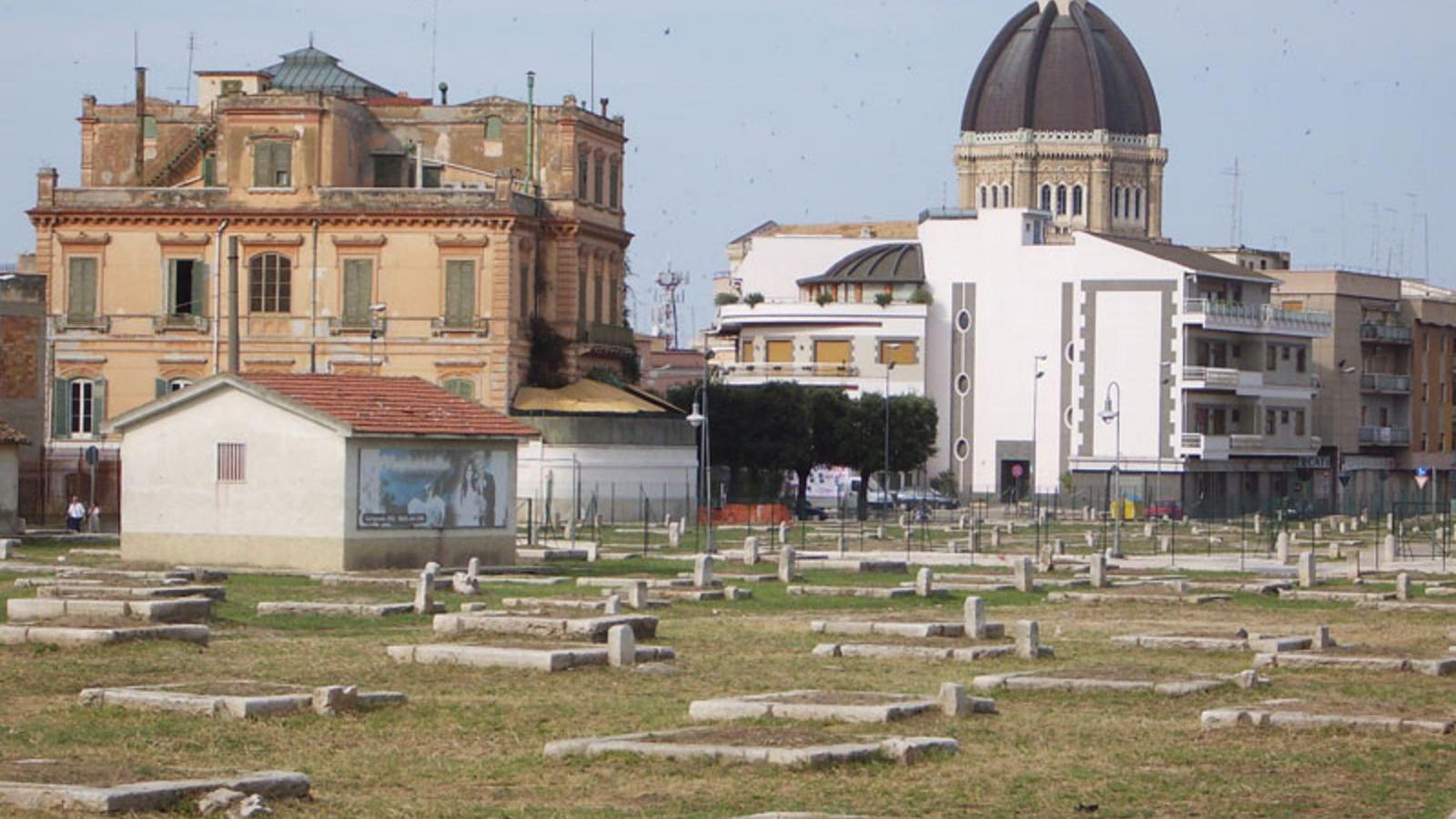

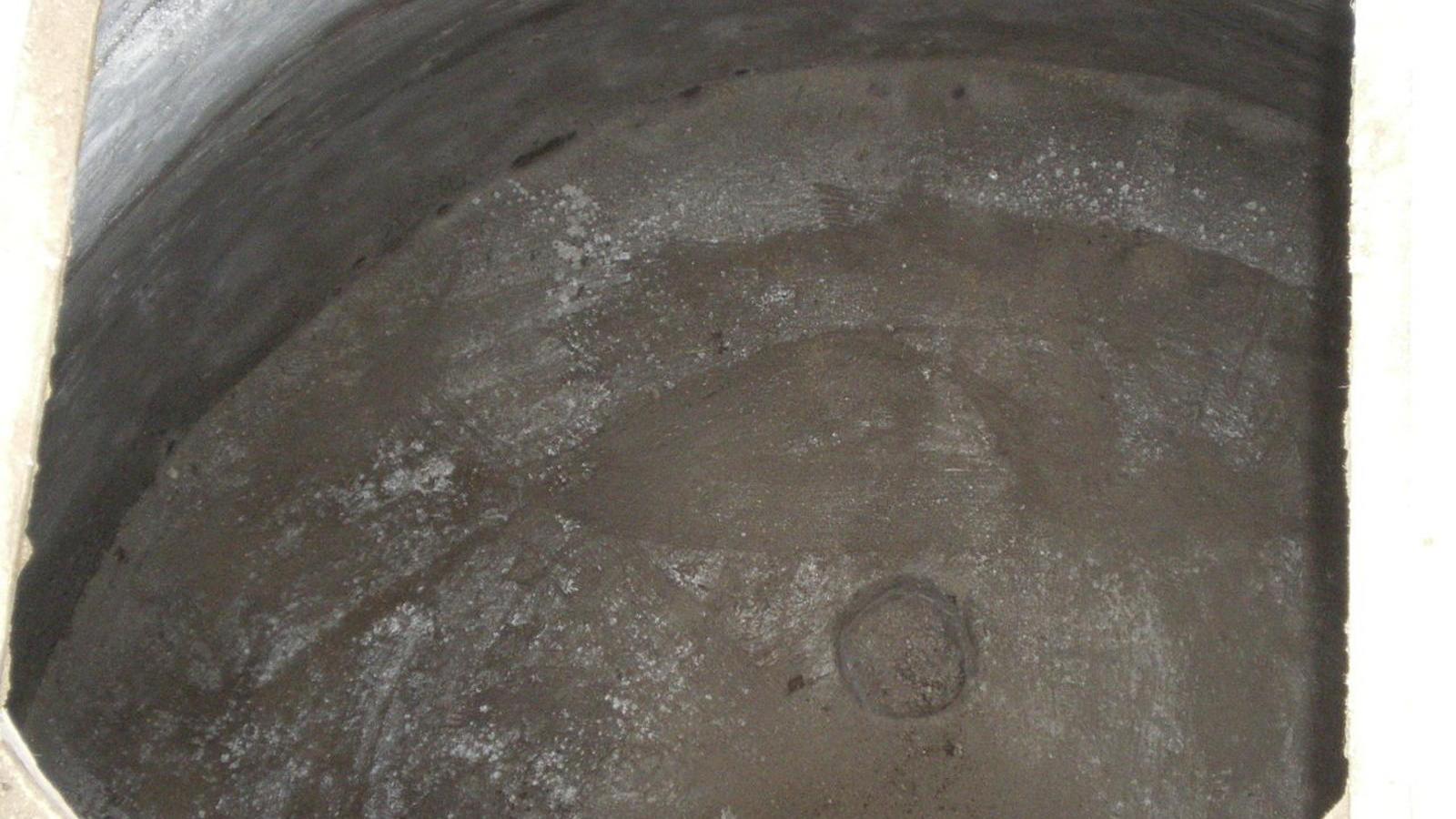
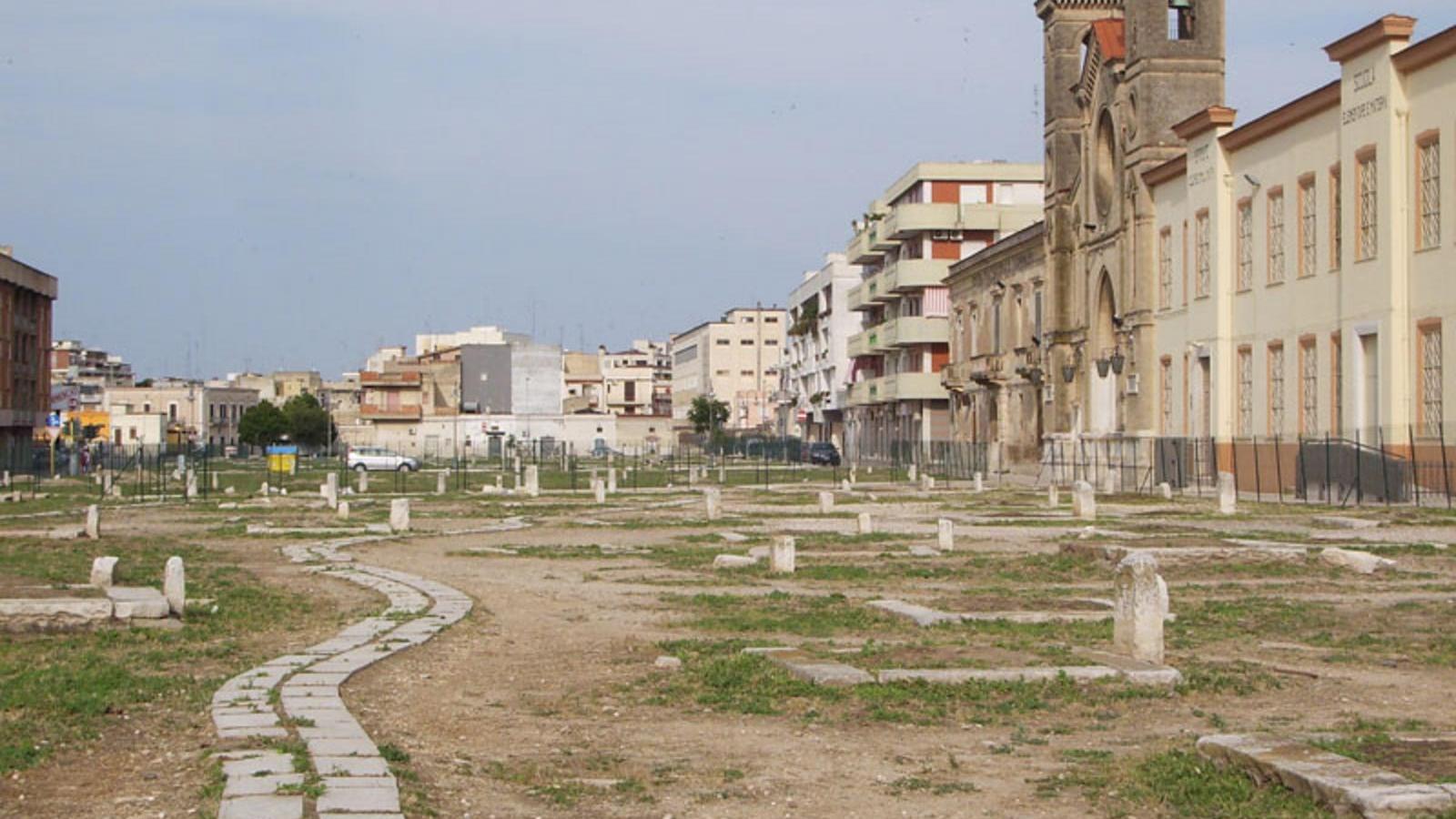
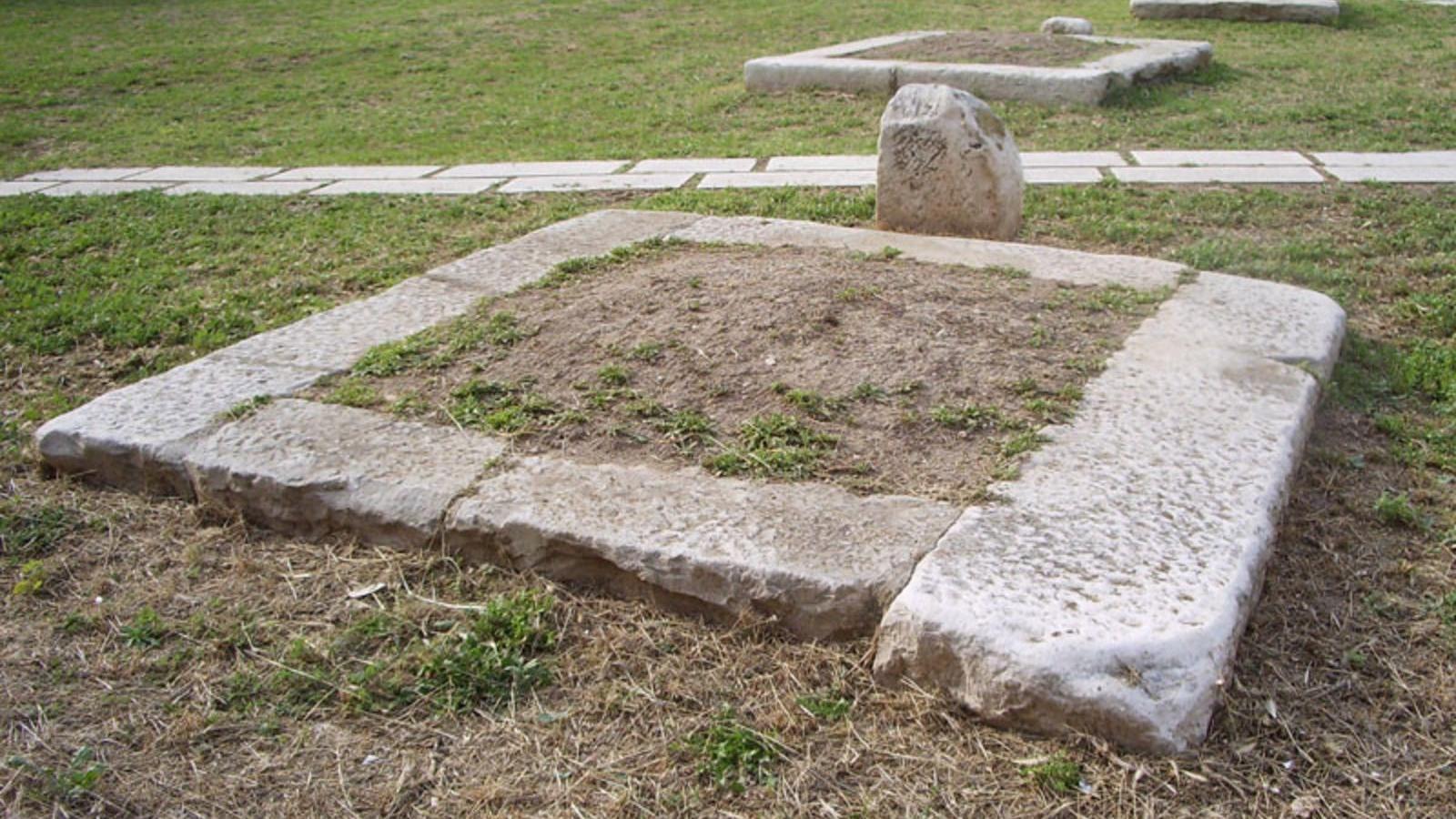
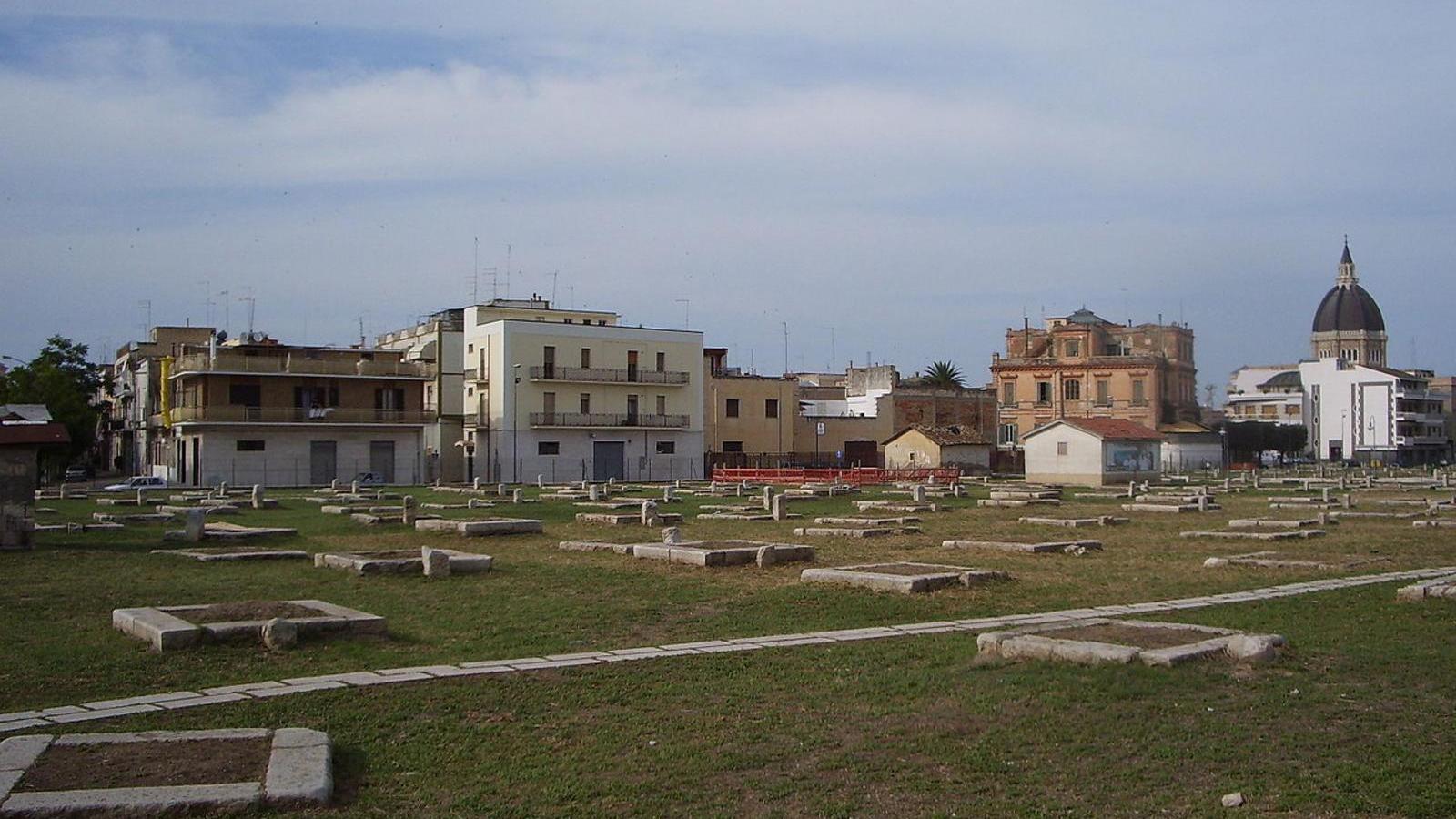
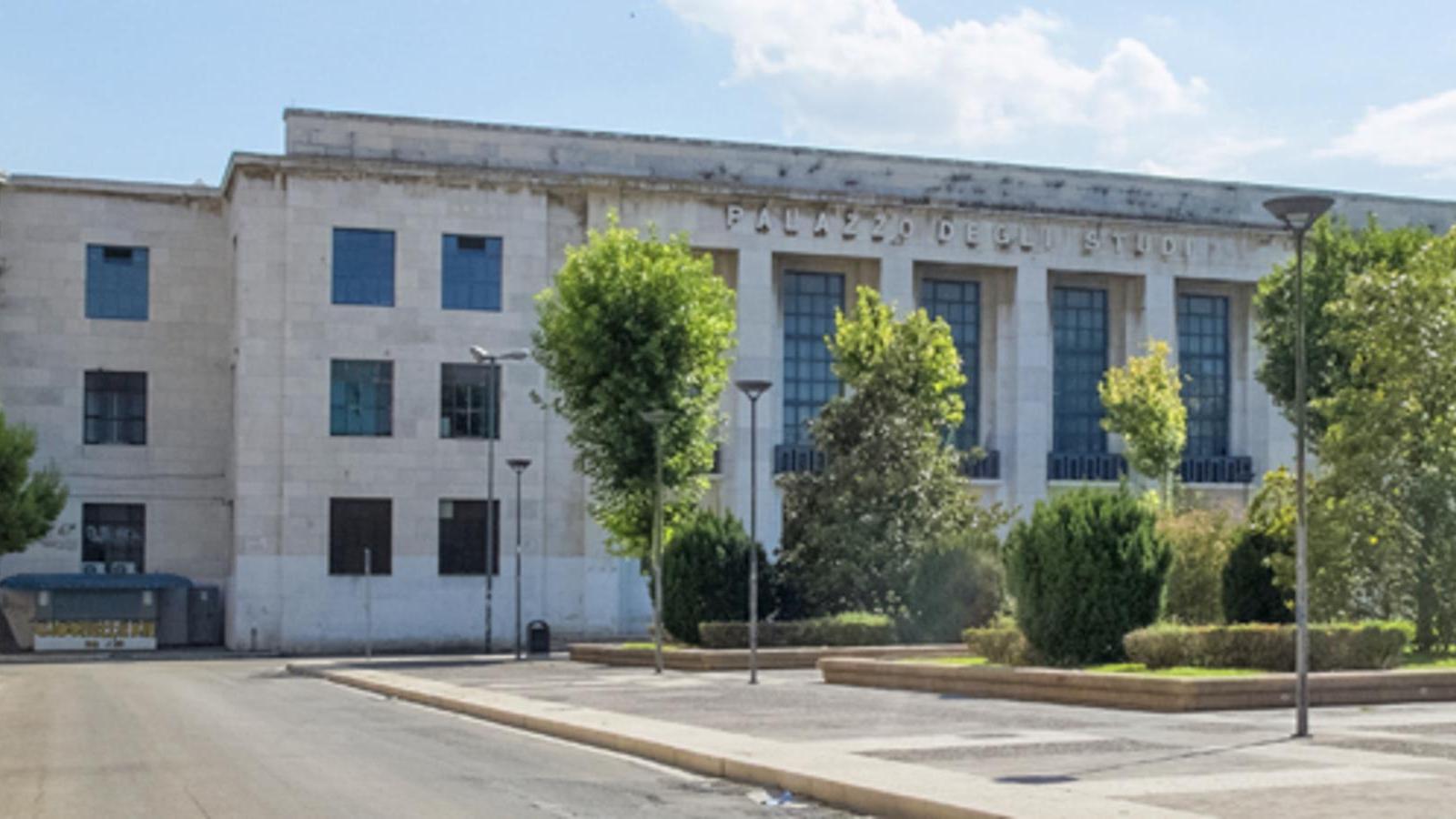
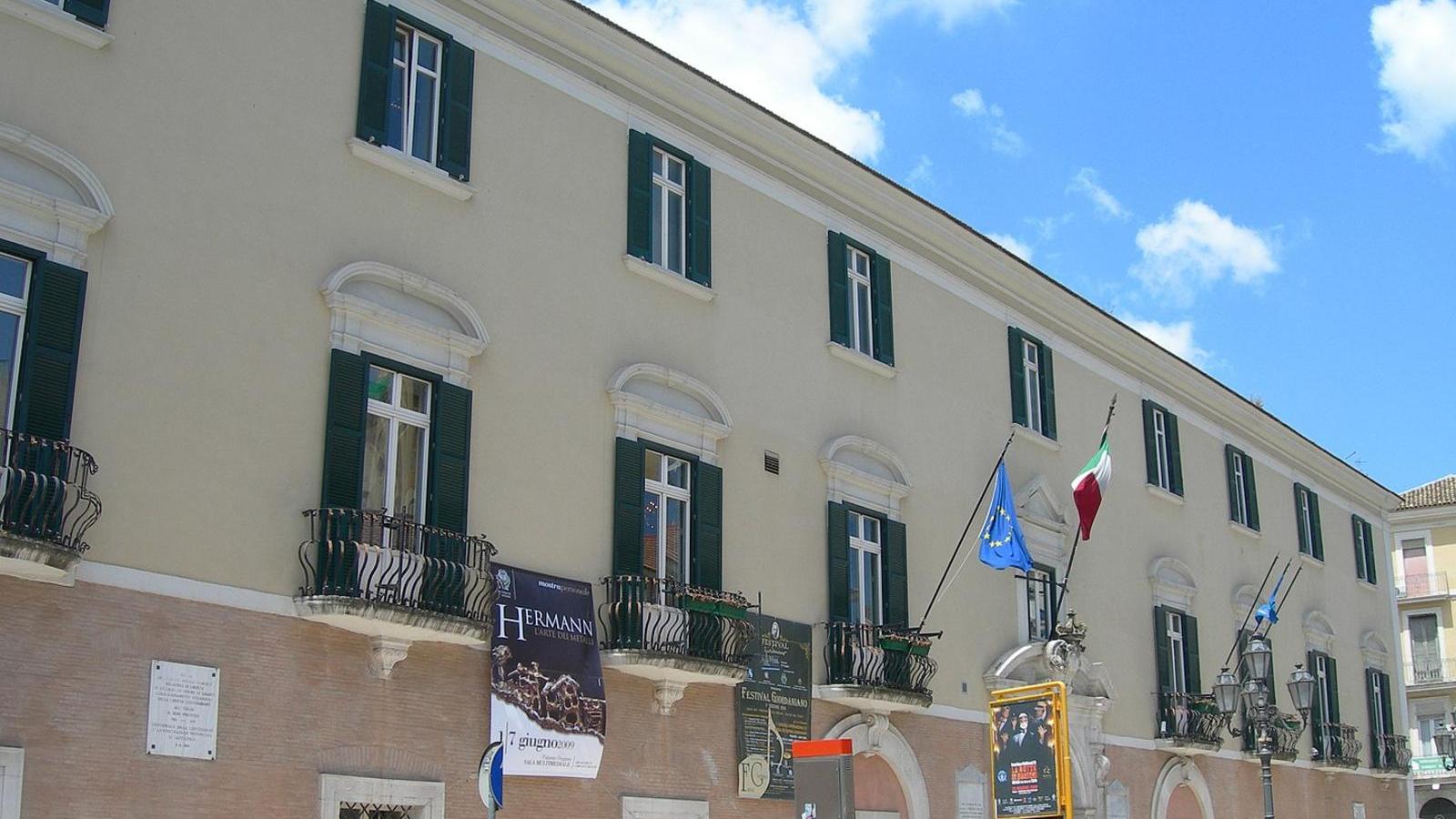
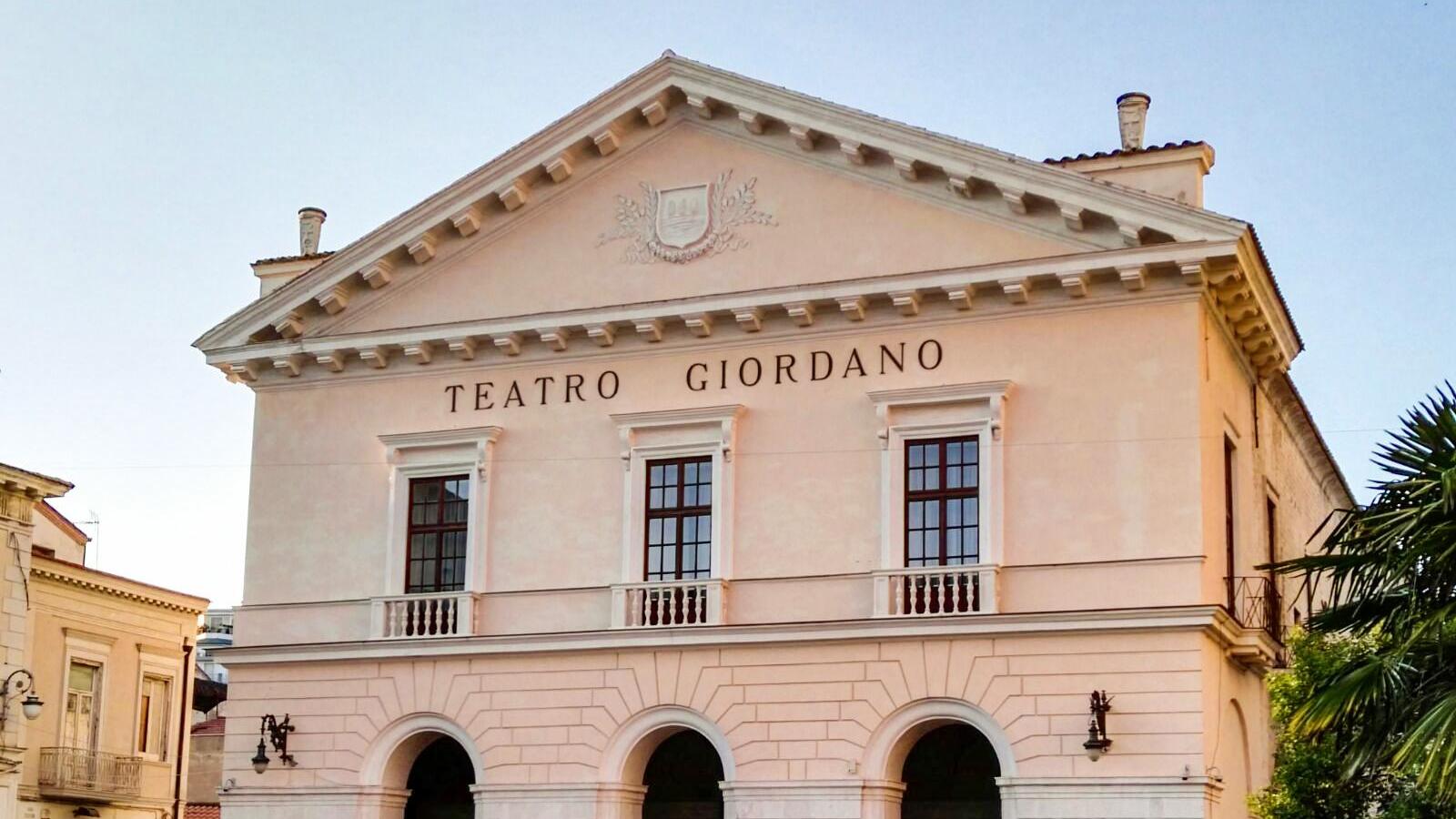
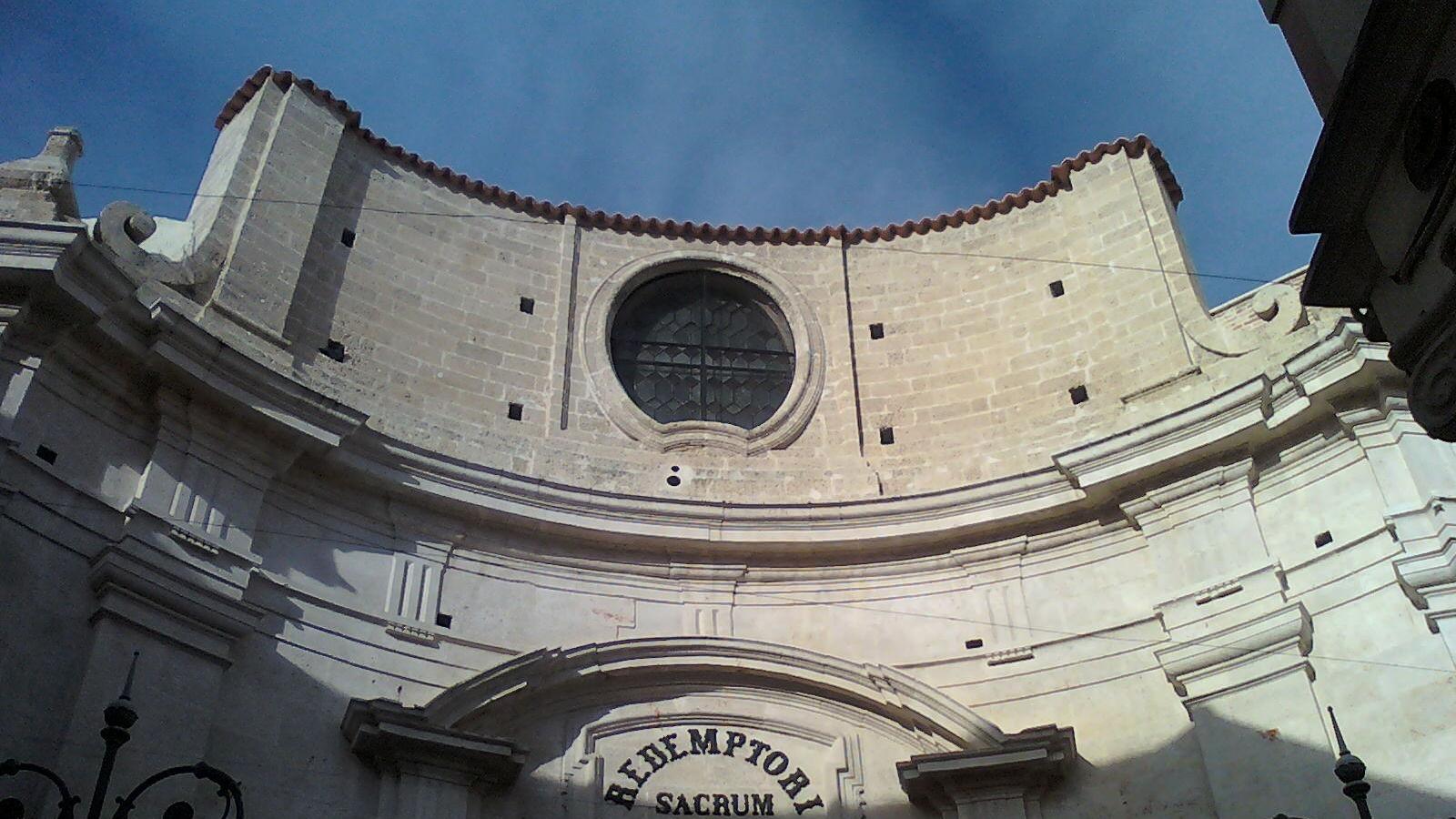
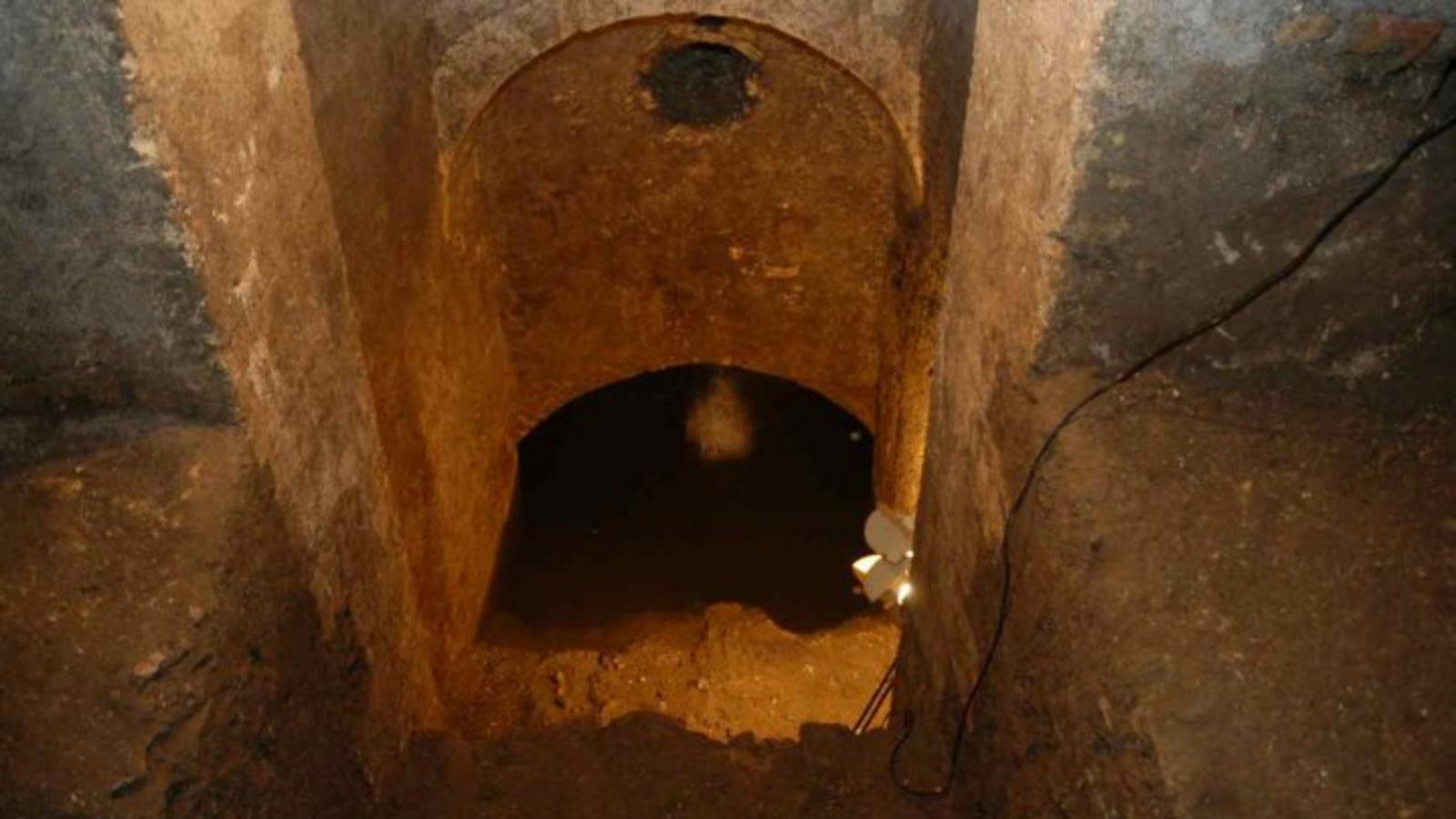
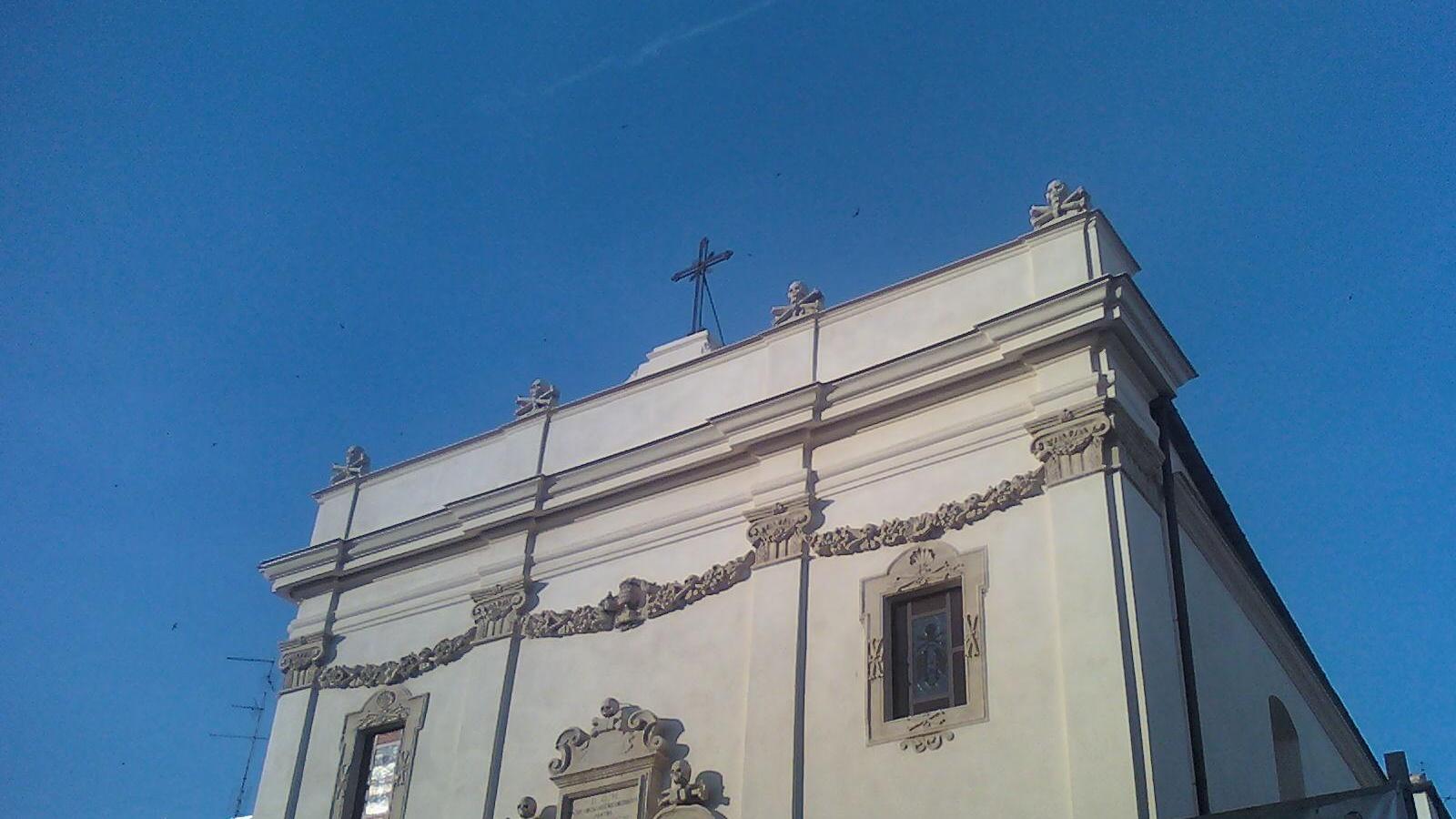
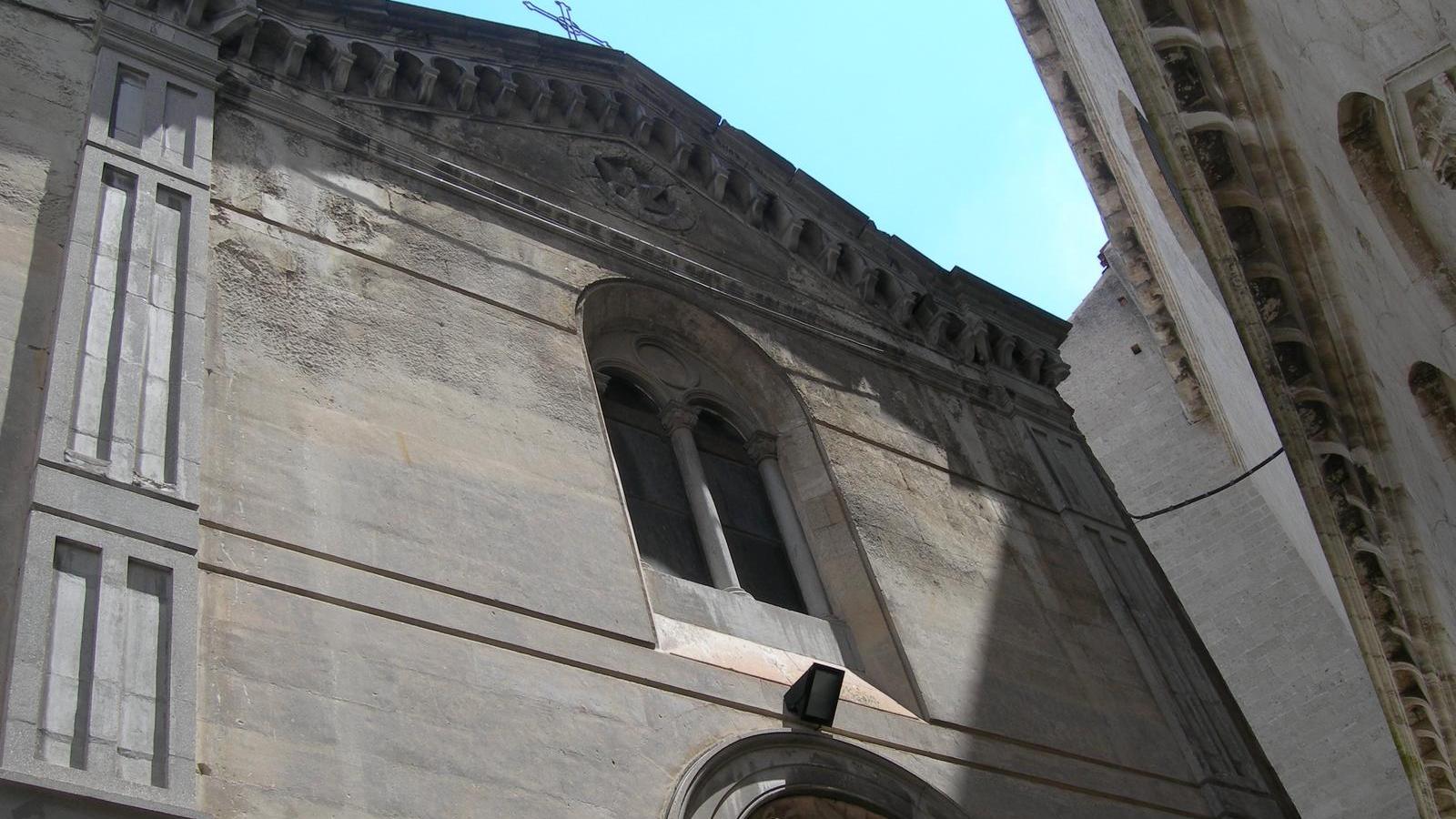
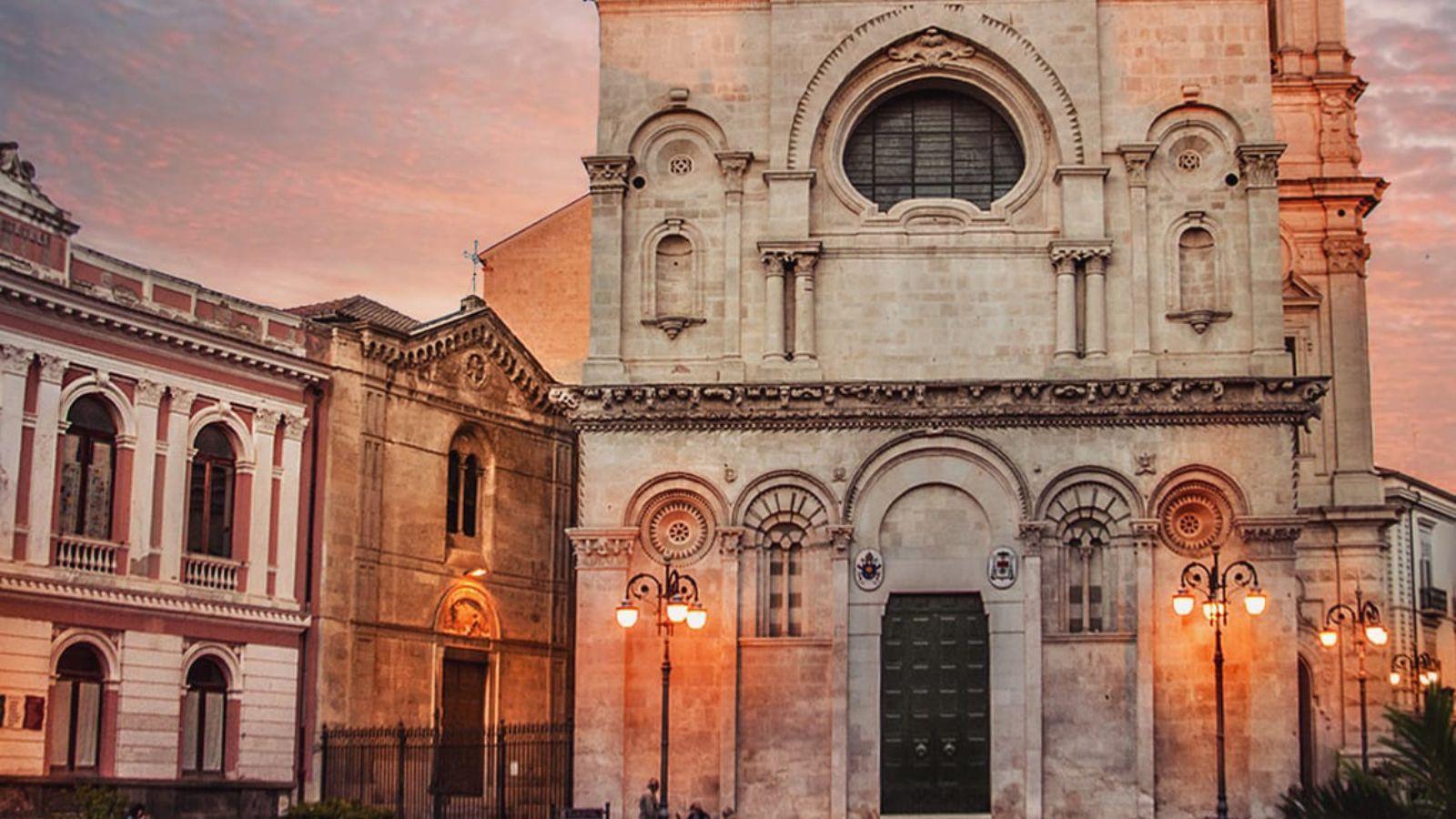
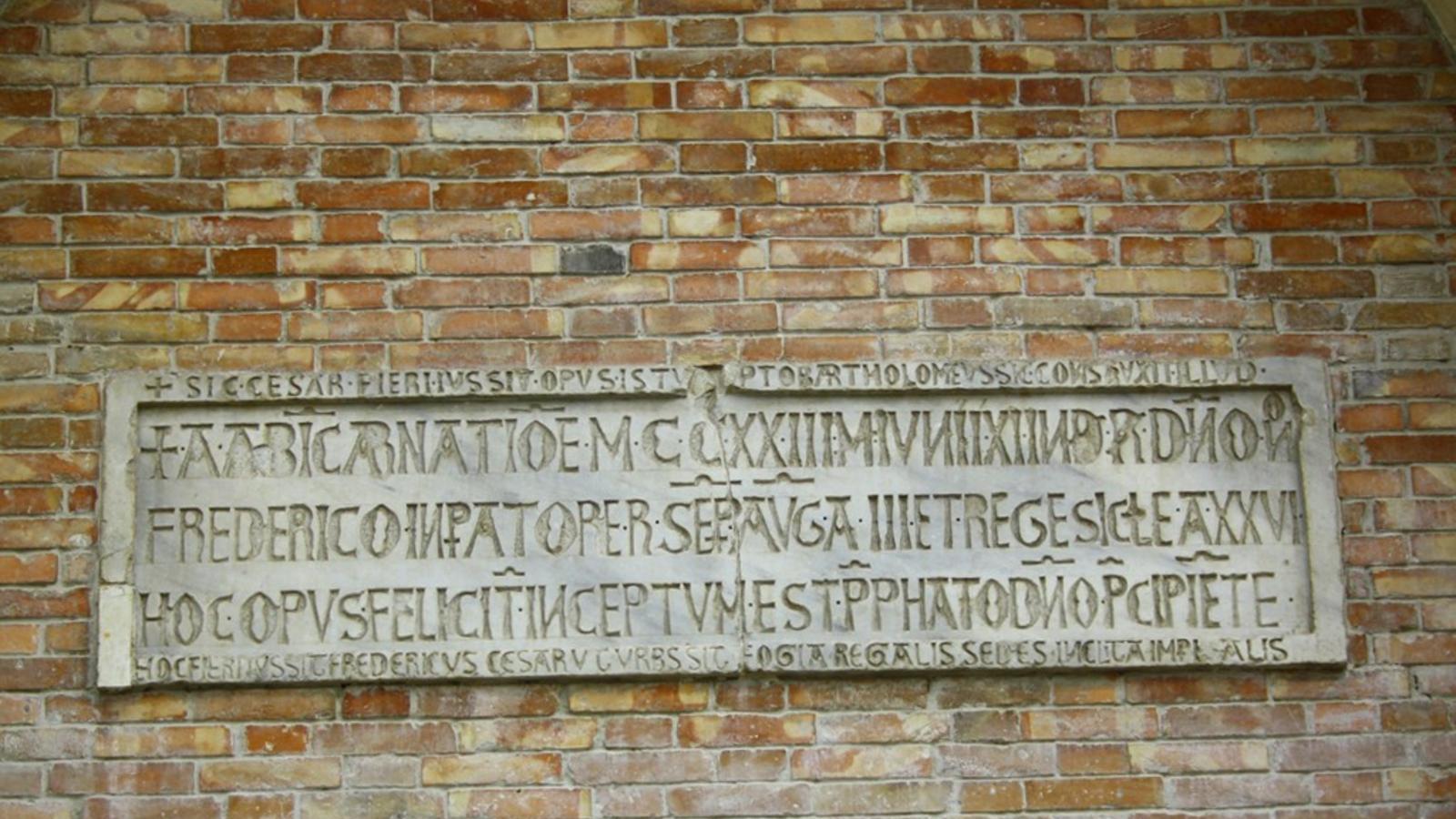
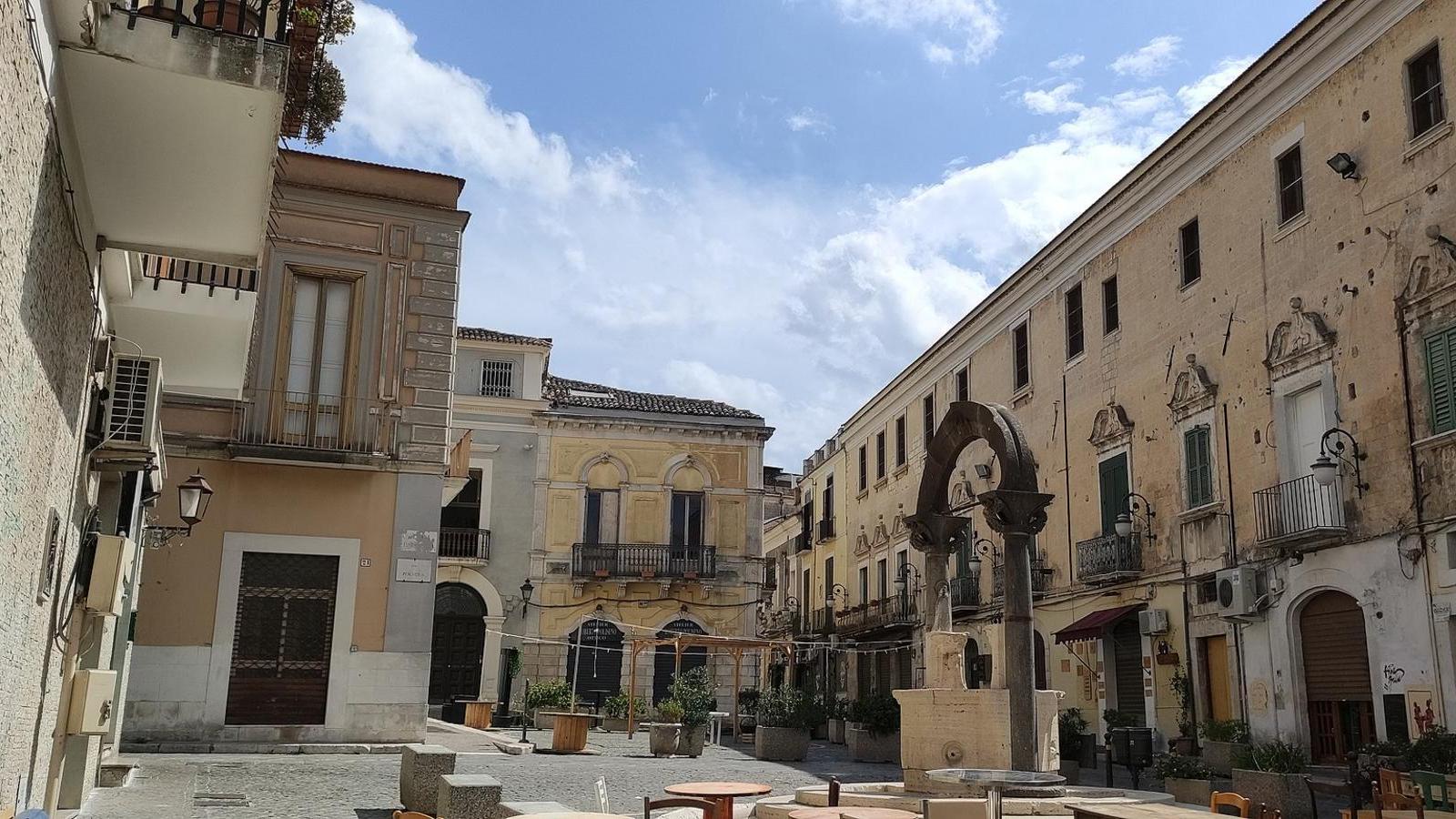
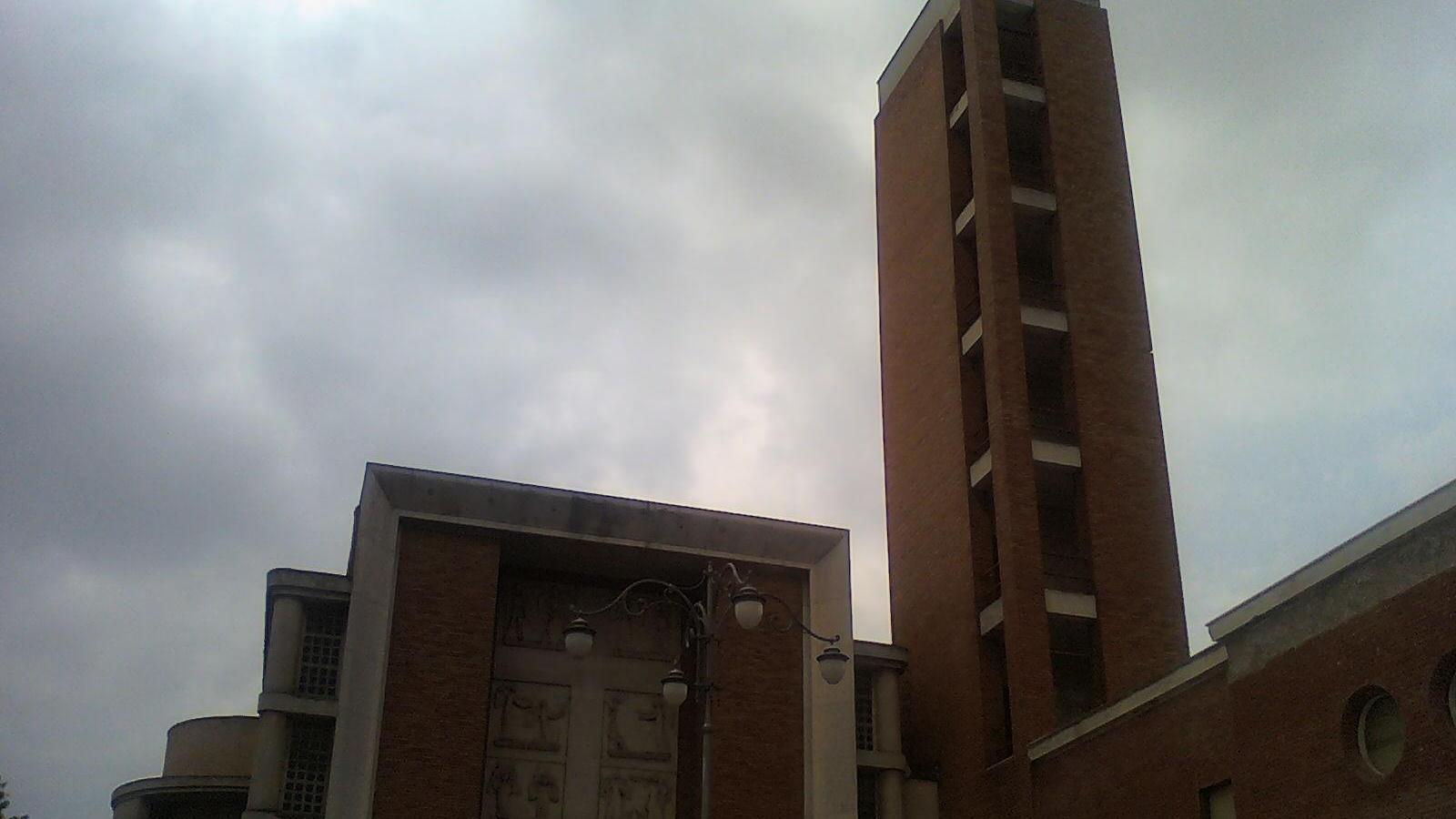
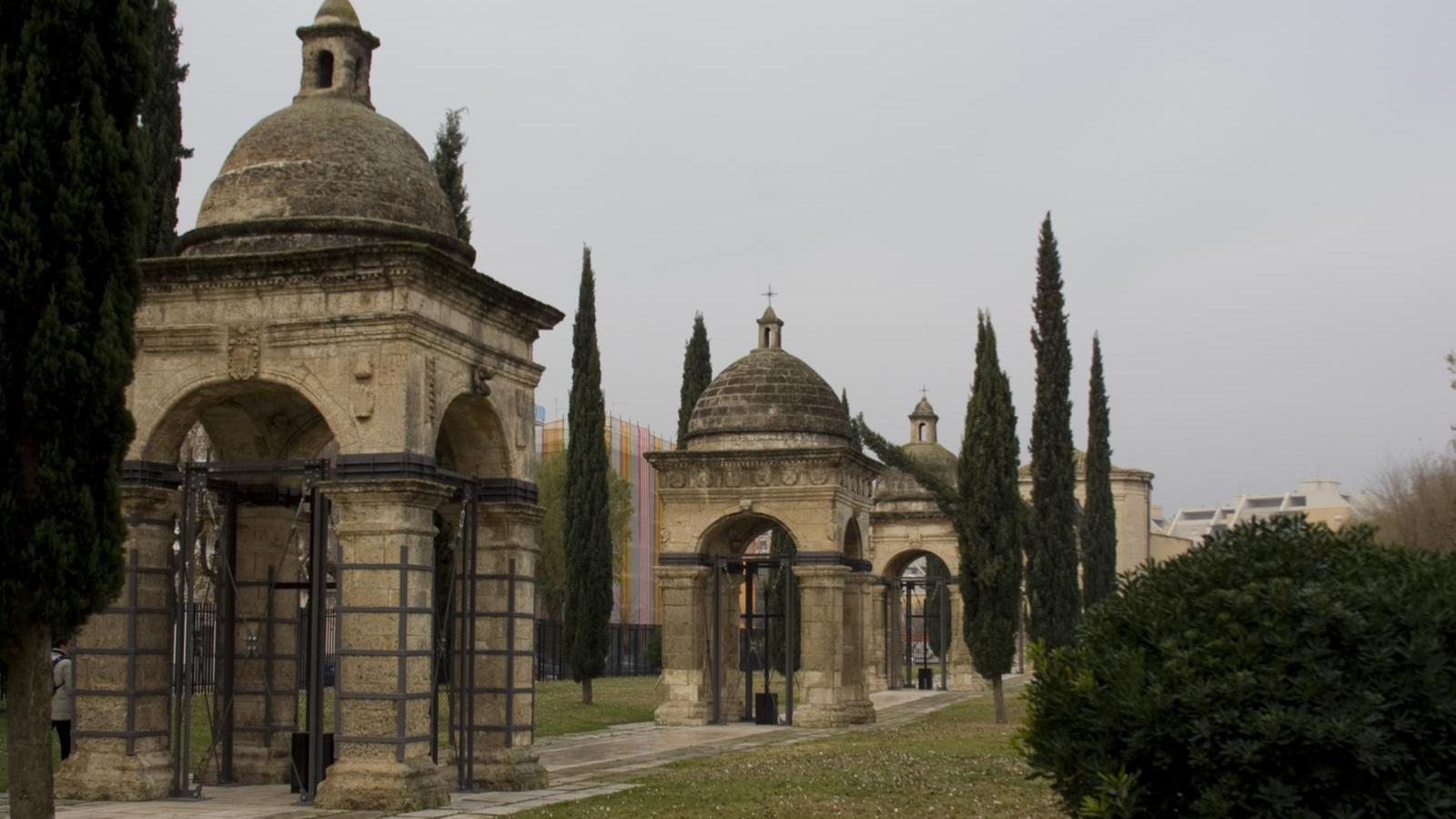

.png)

.png)
.png)
.png)
.png)
.png)
